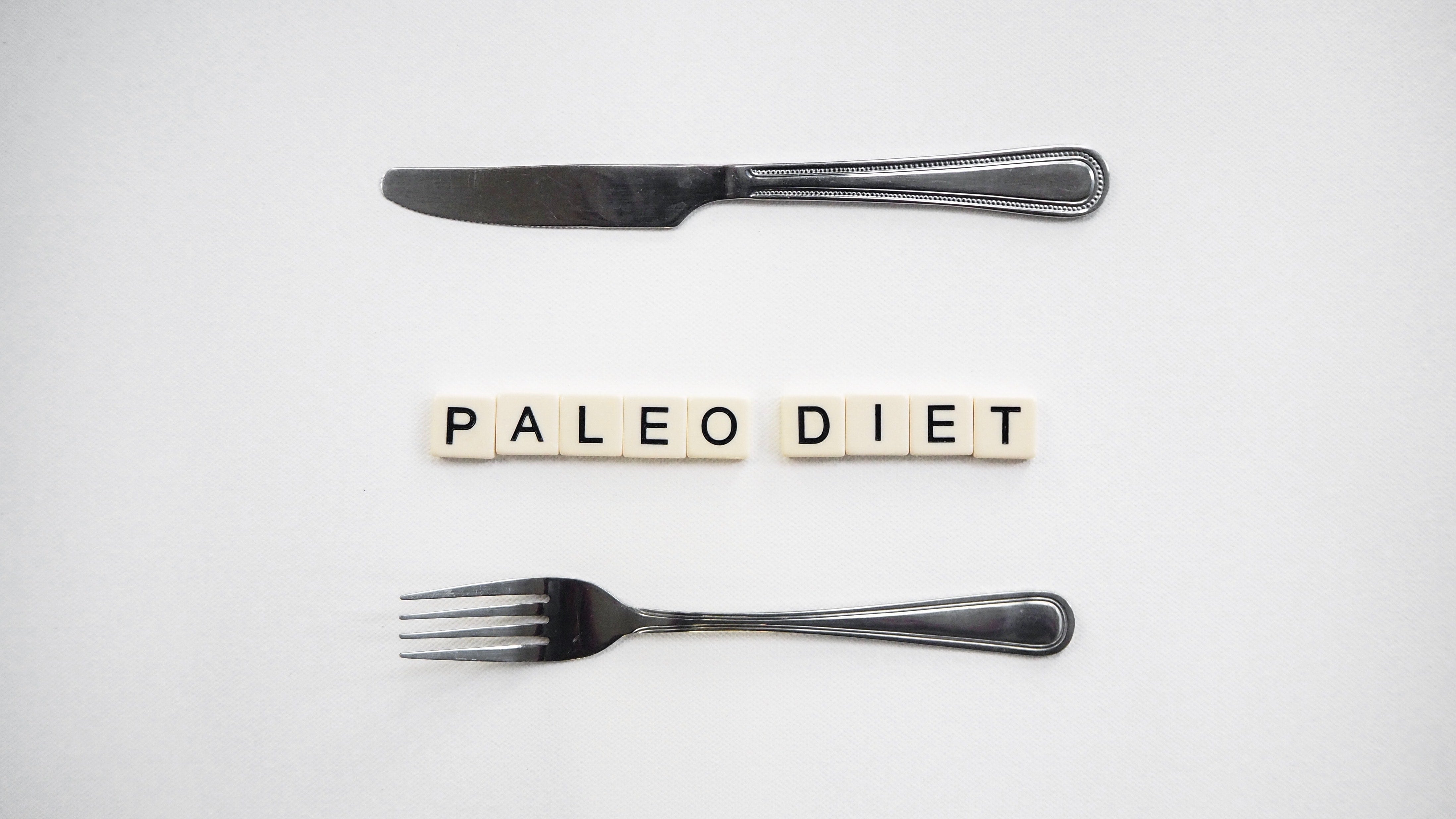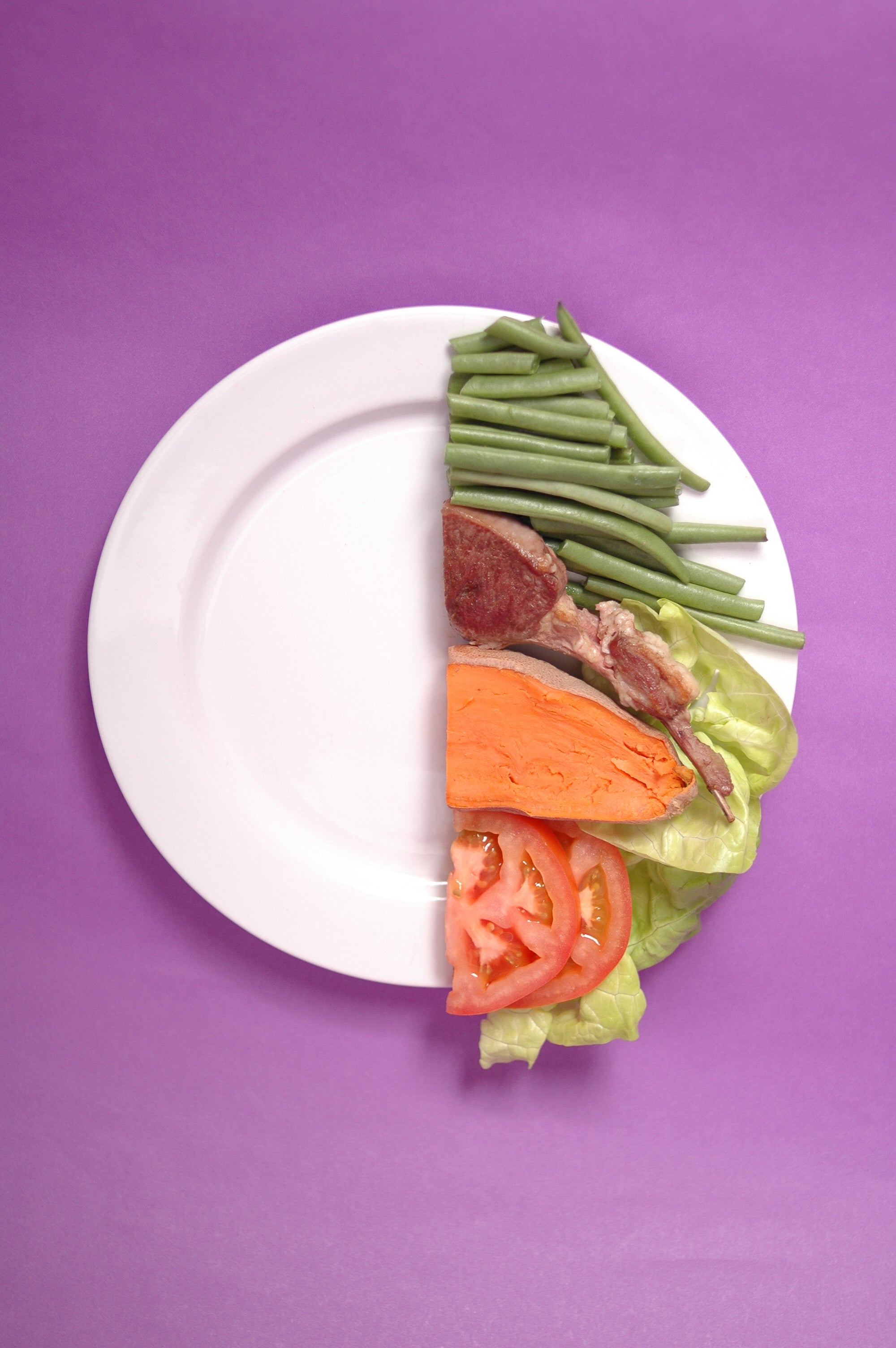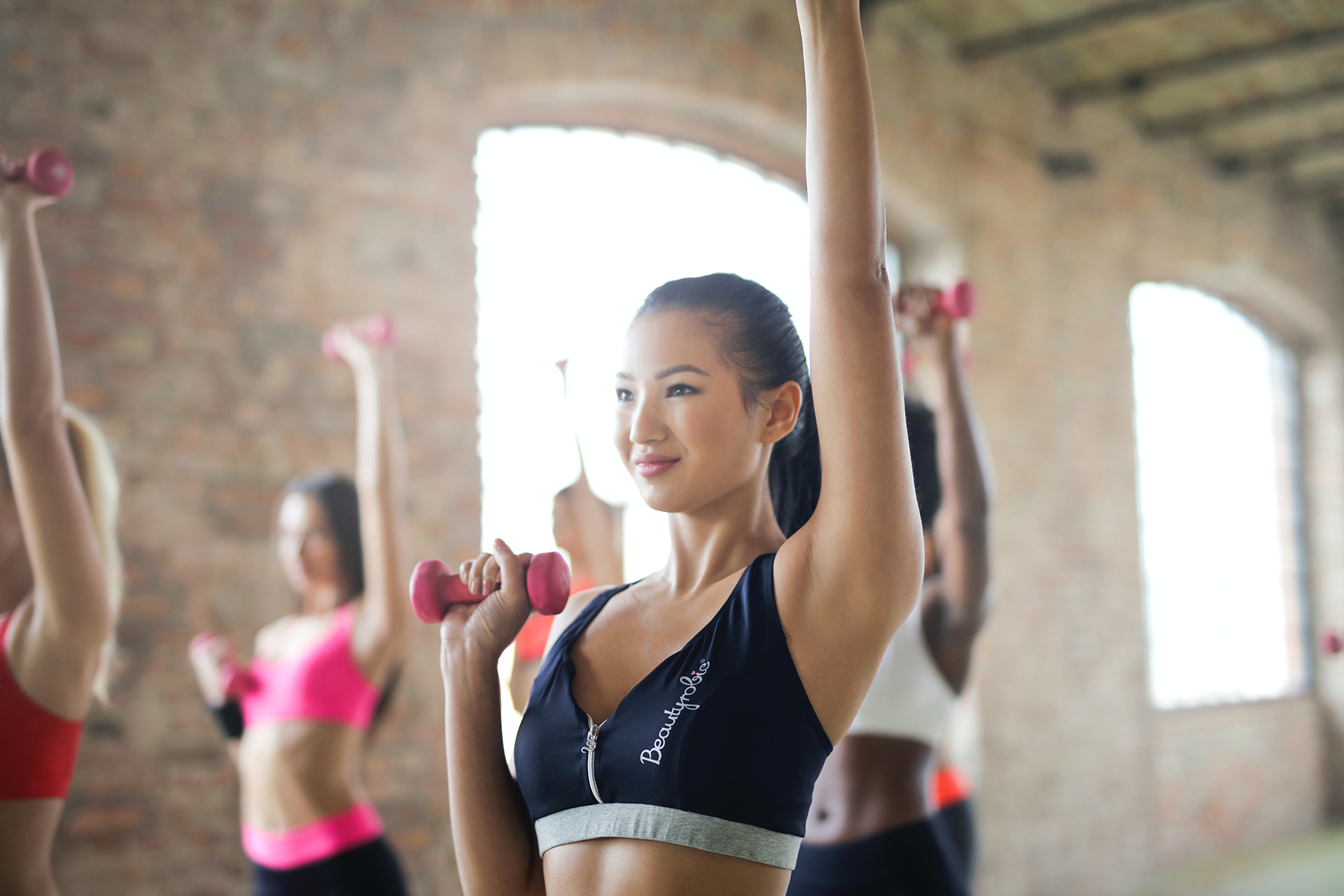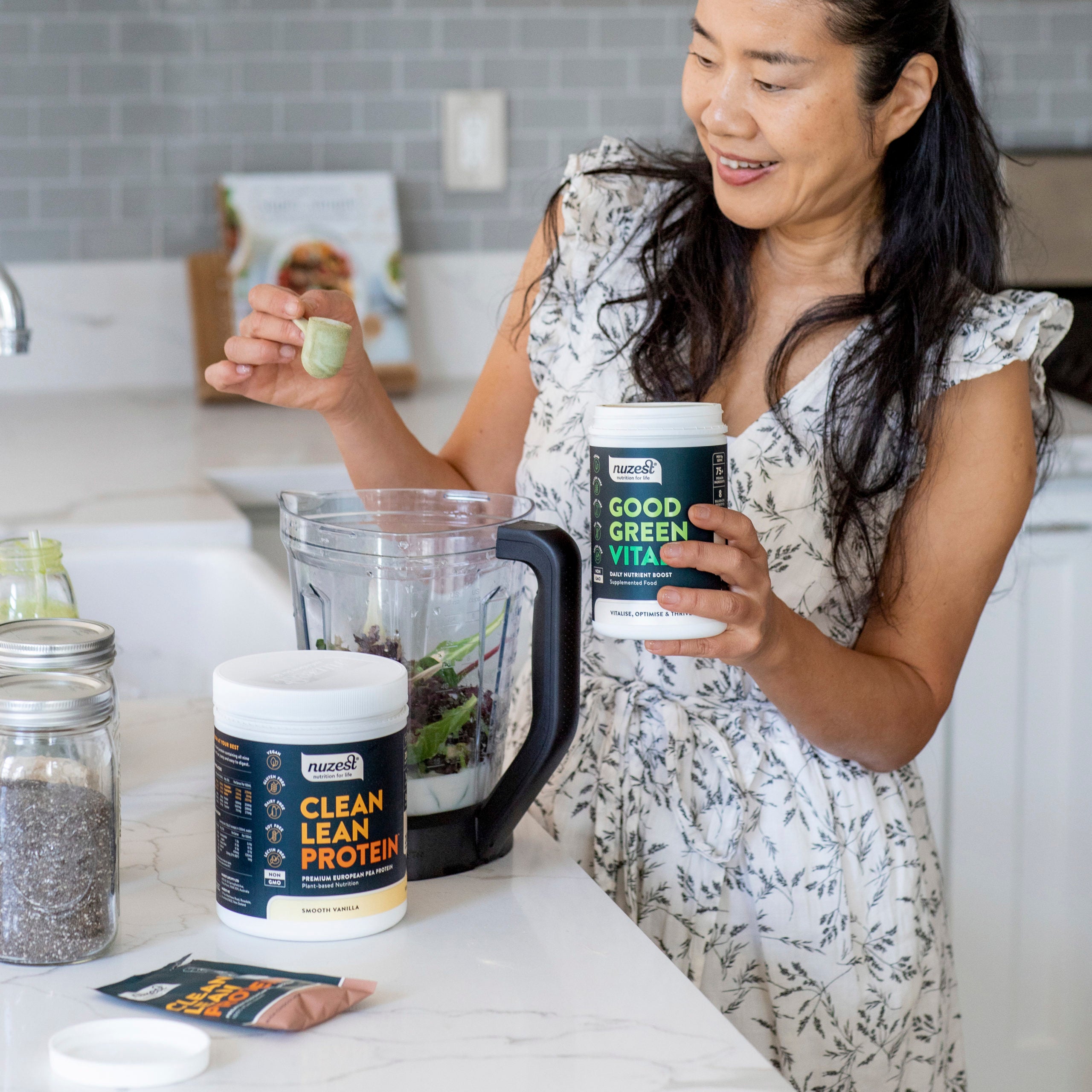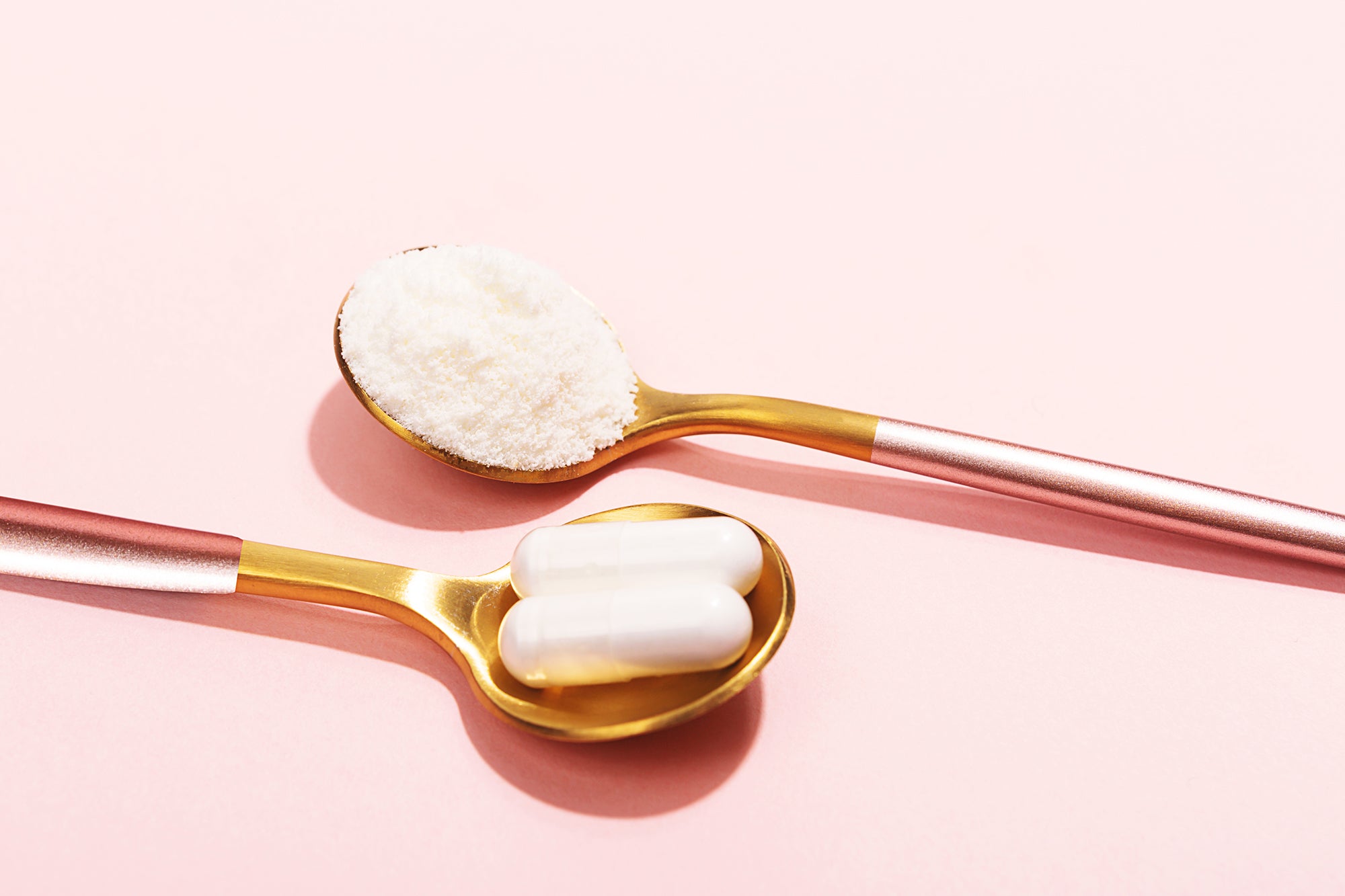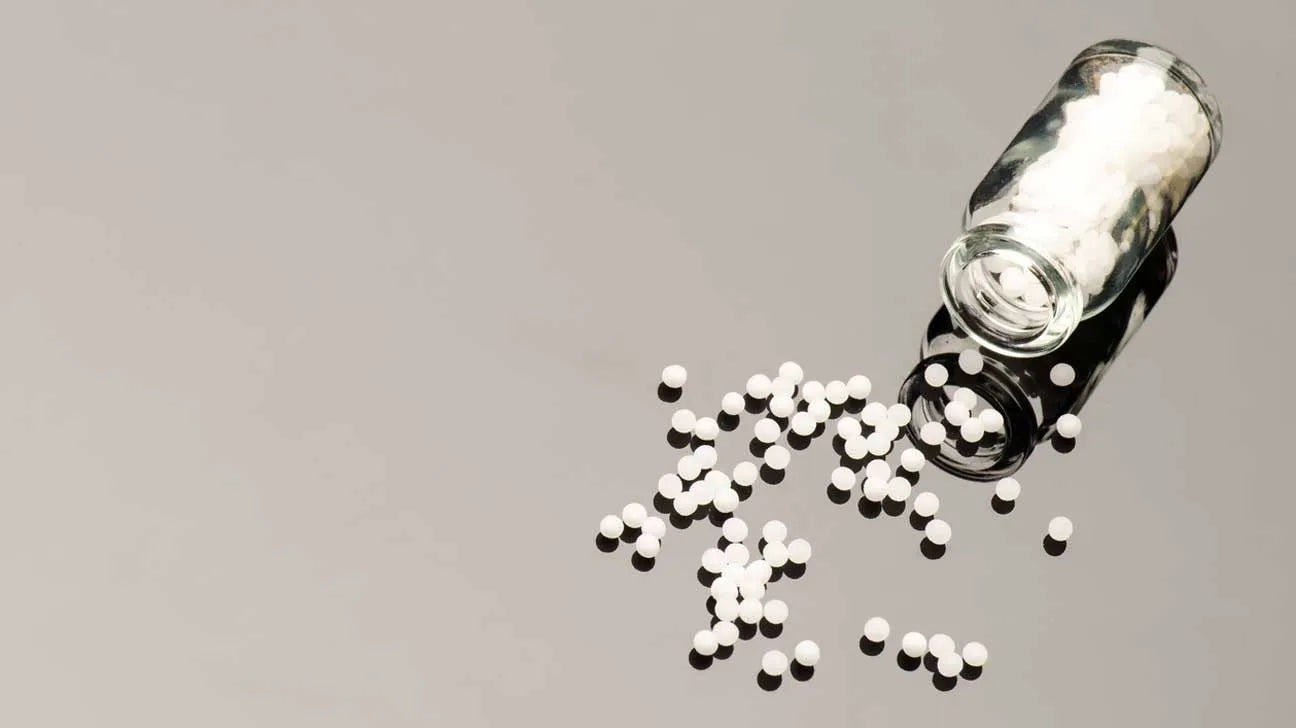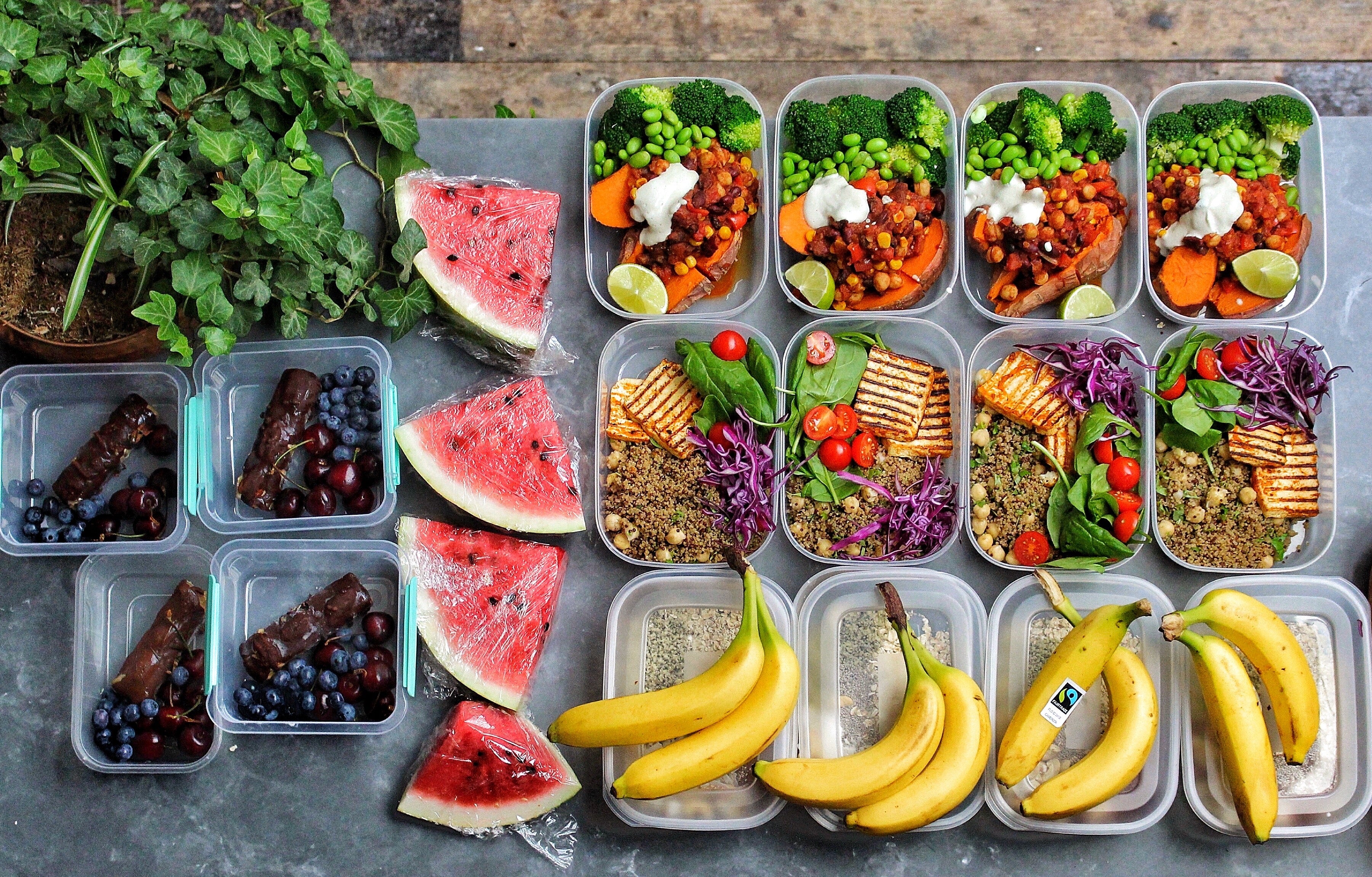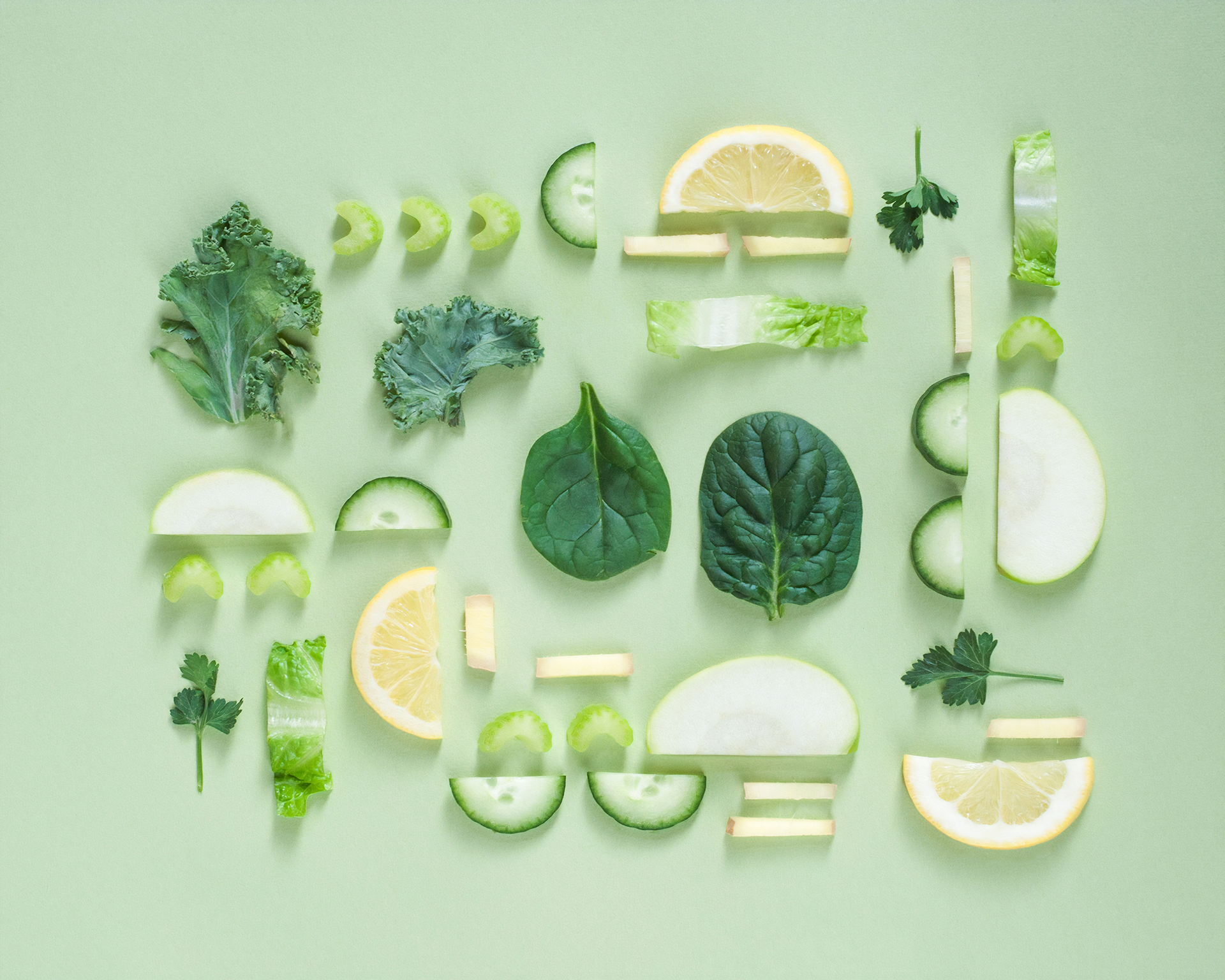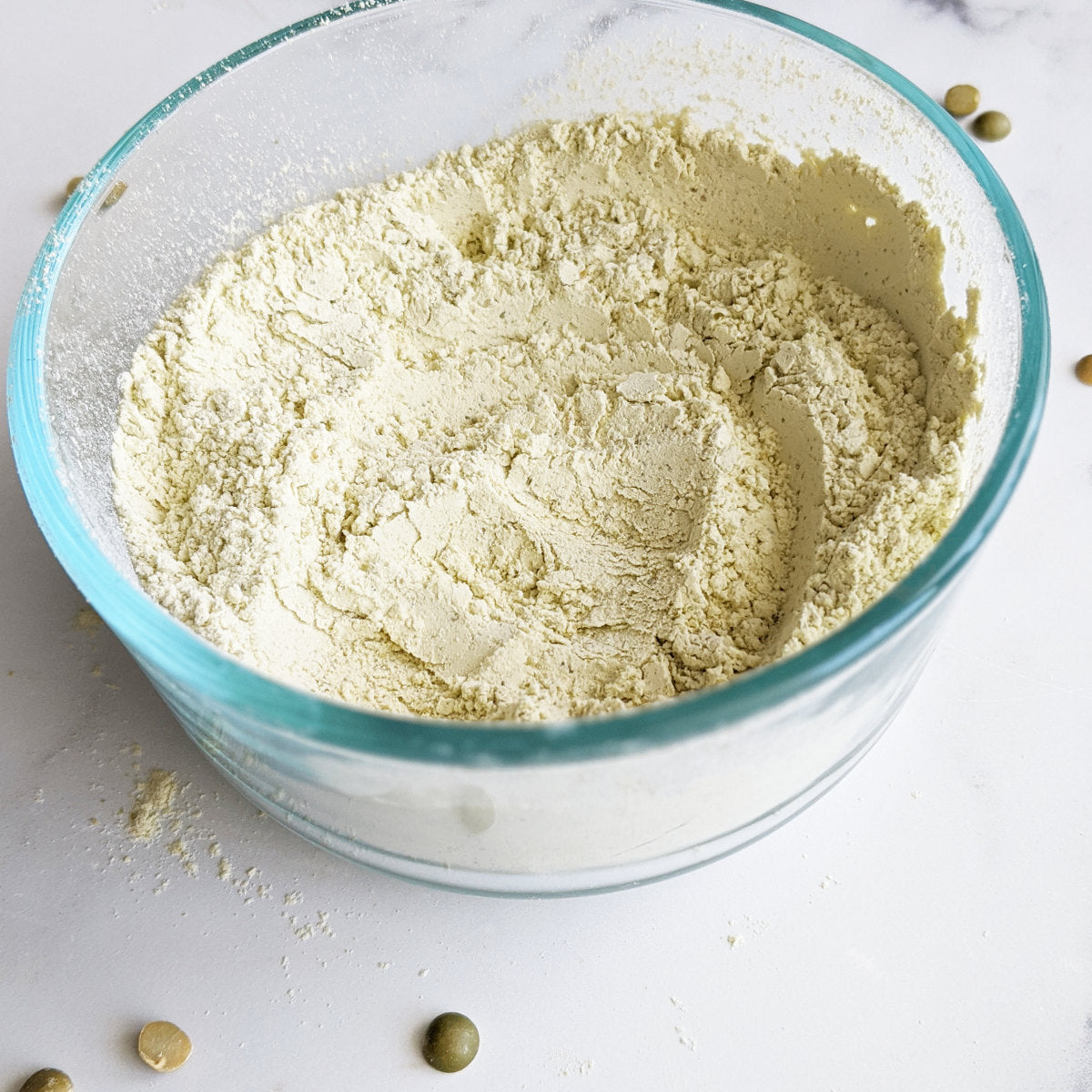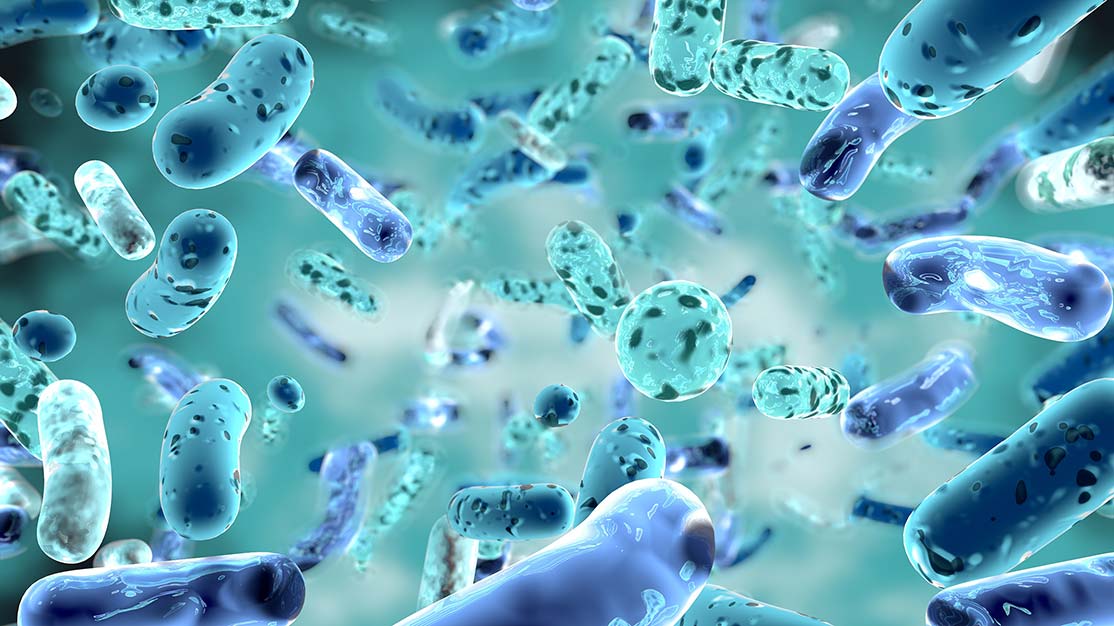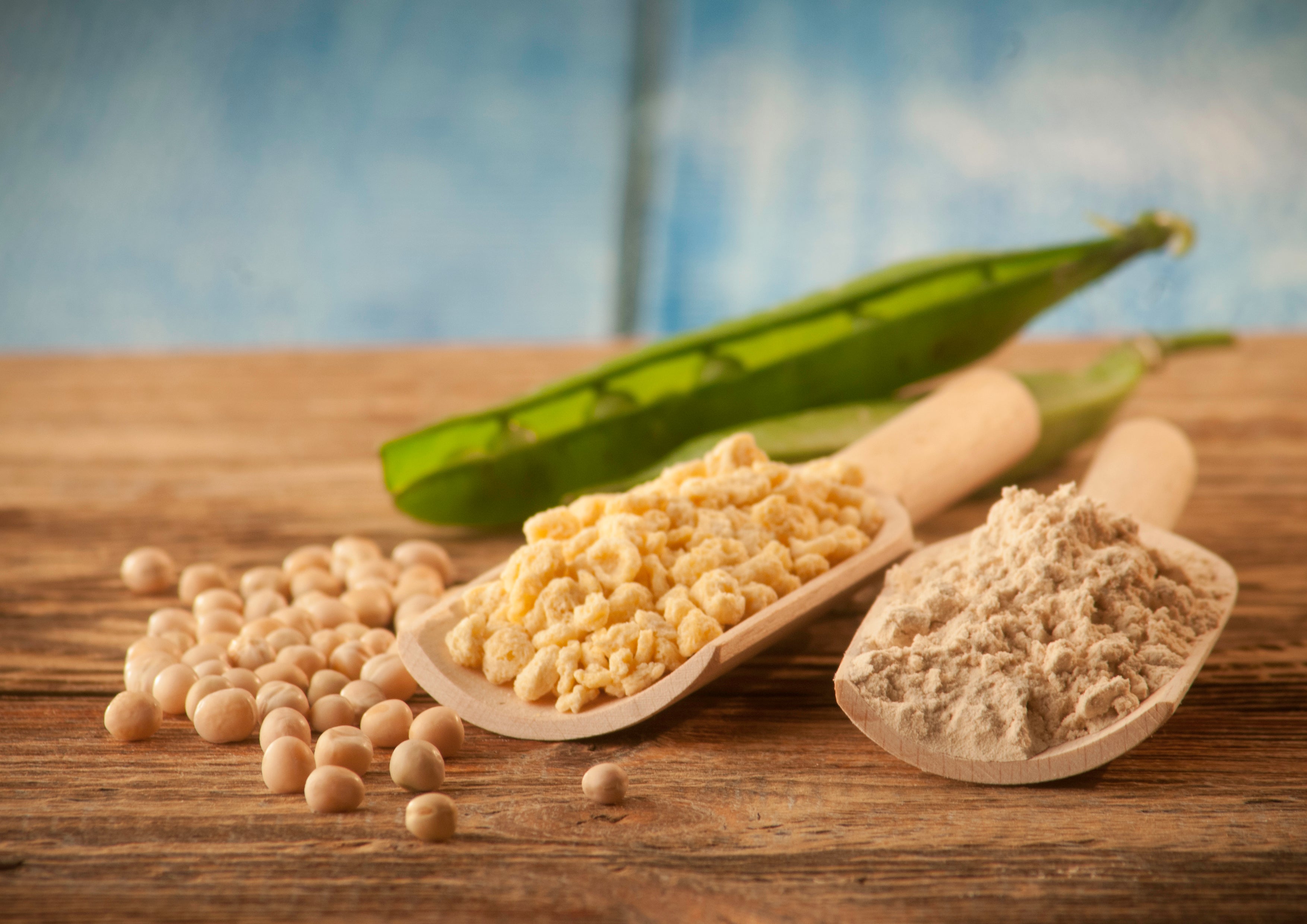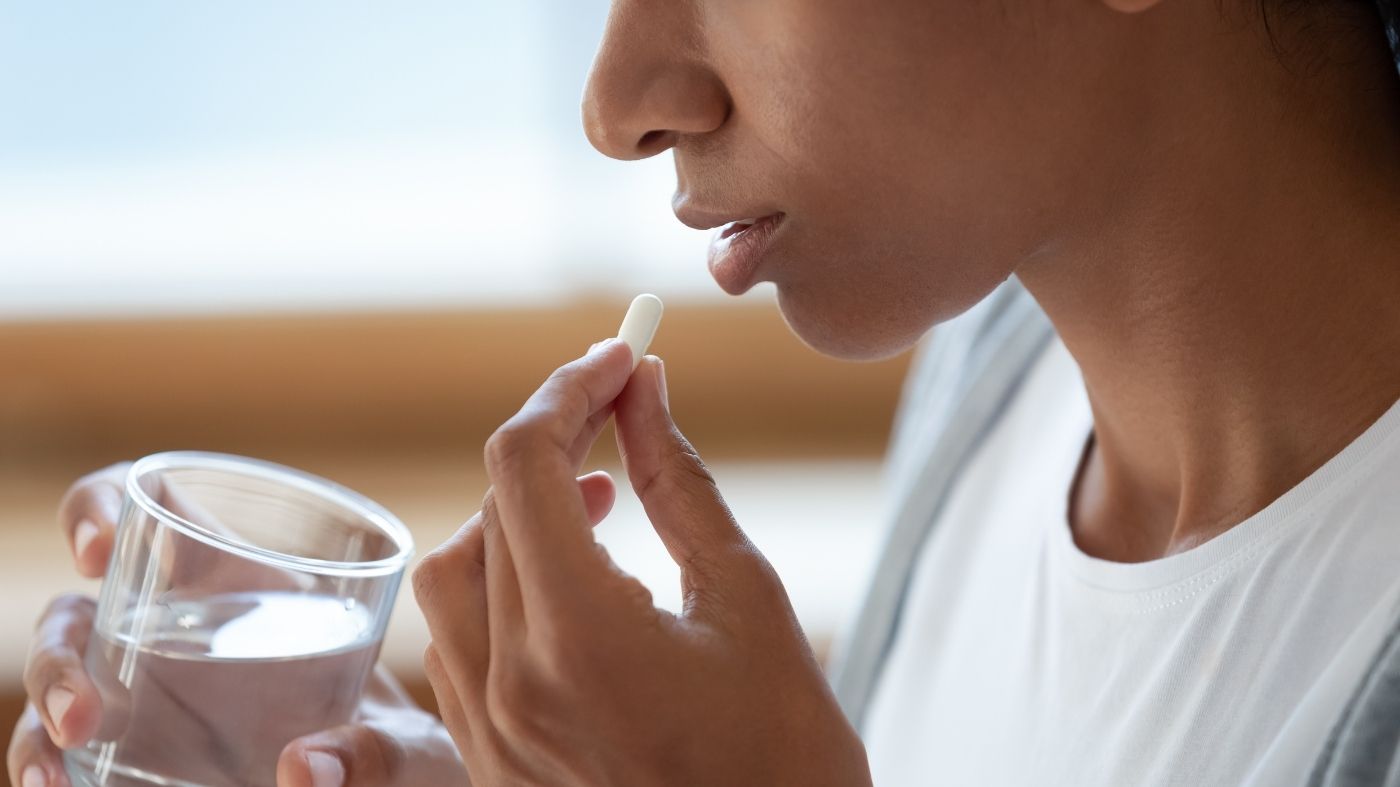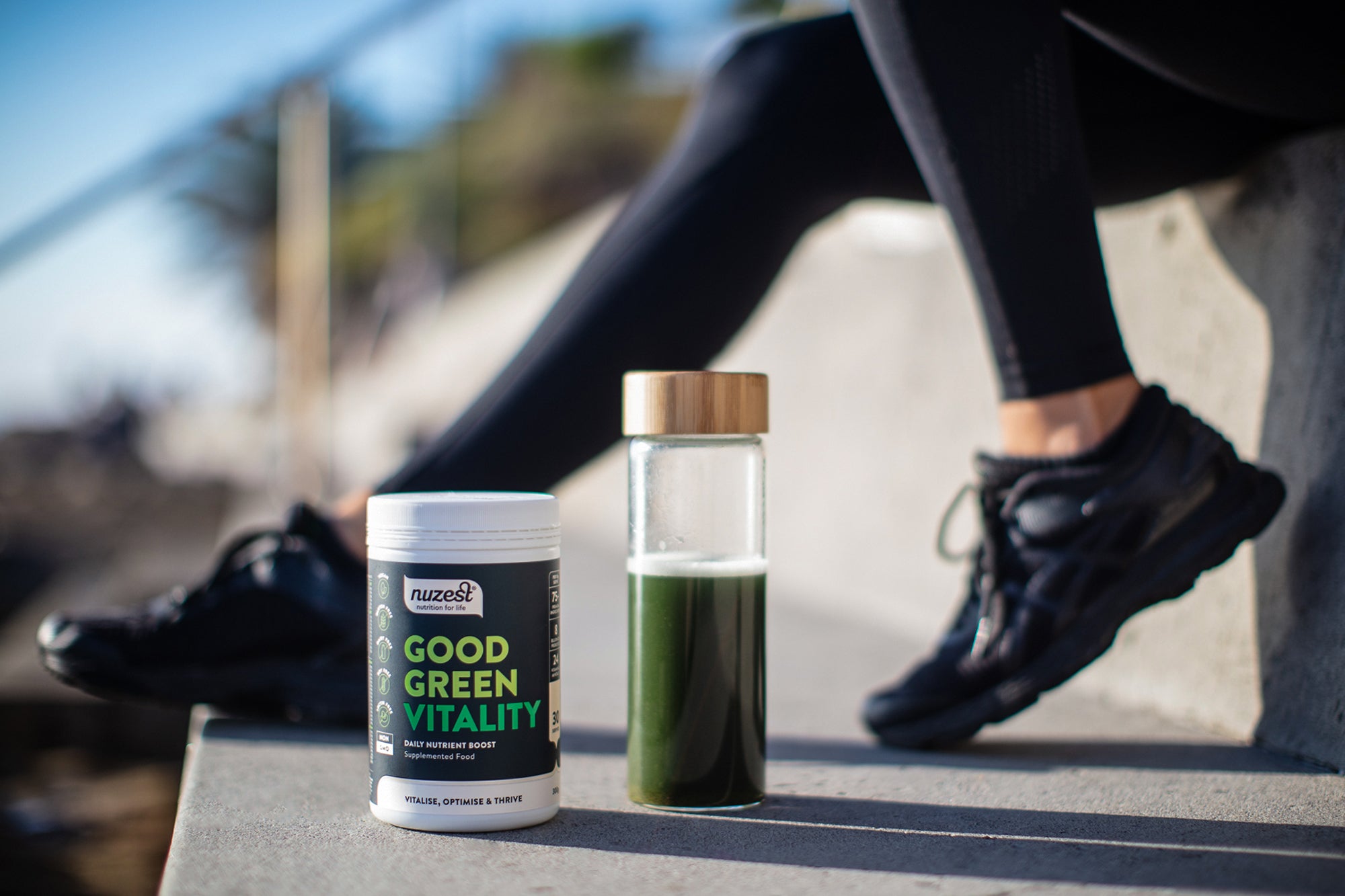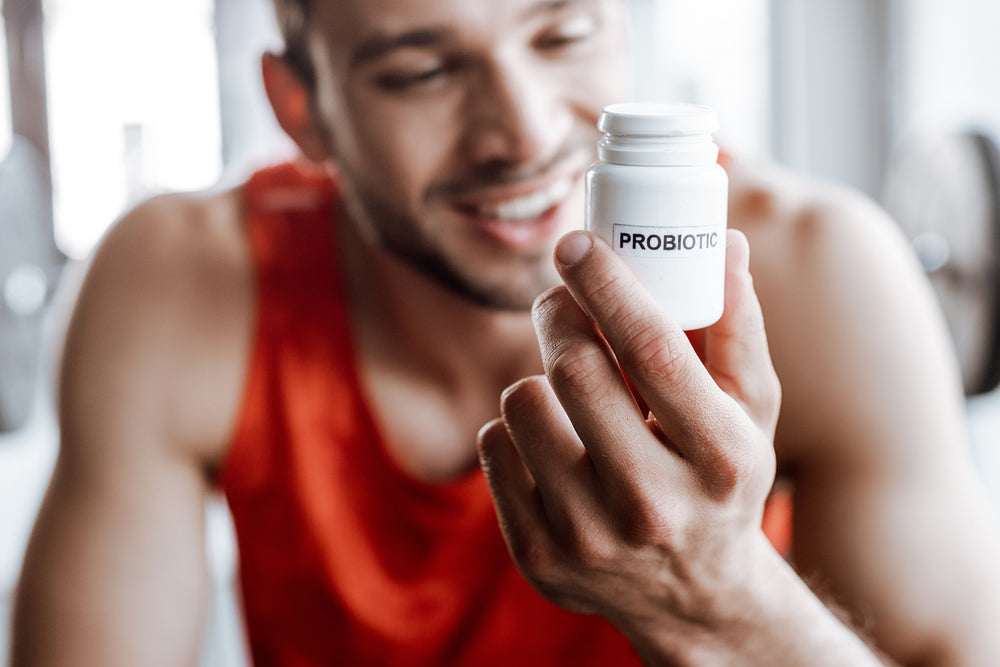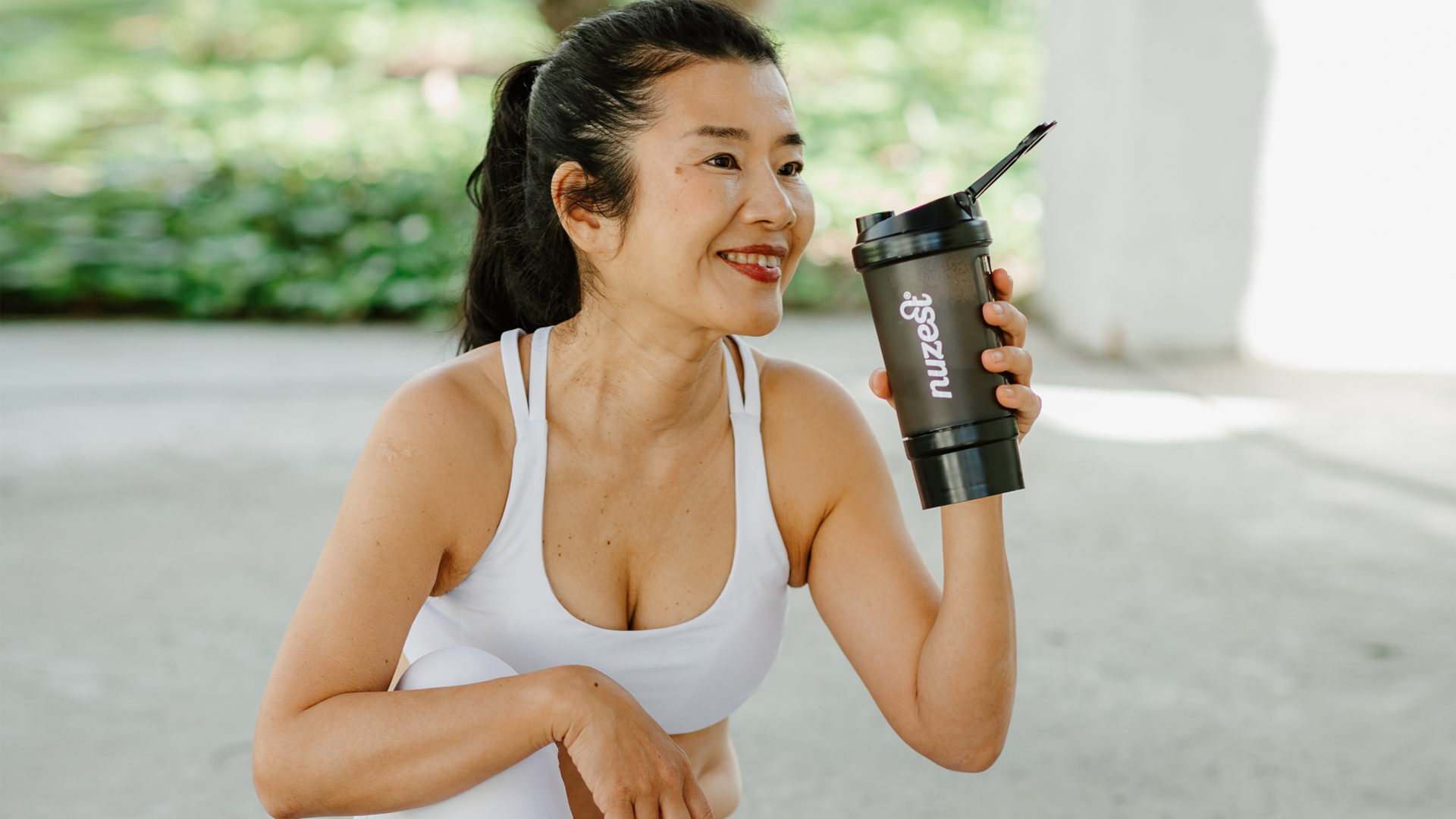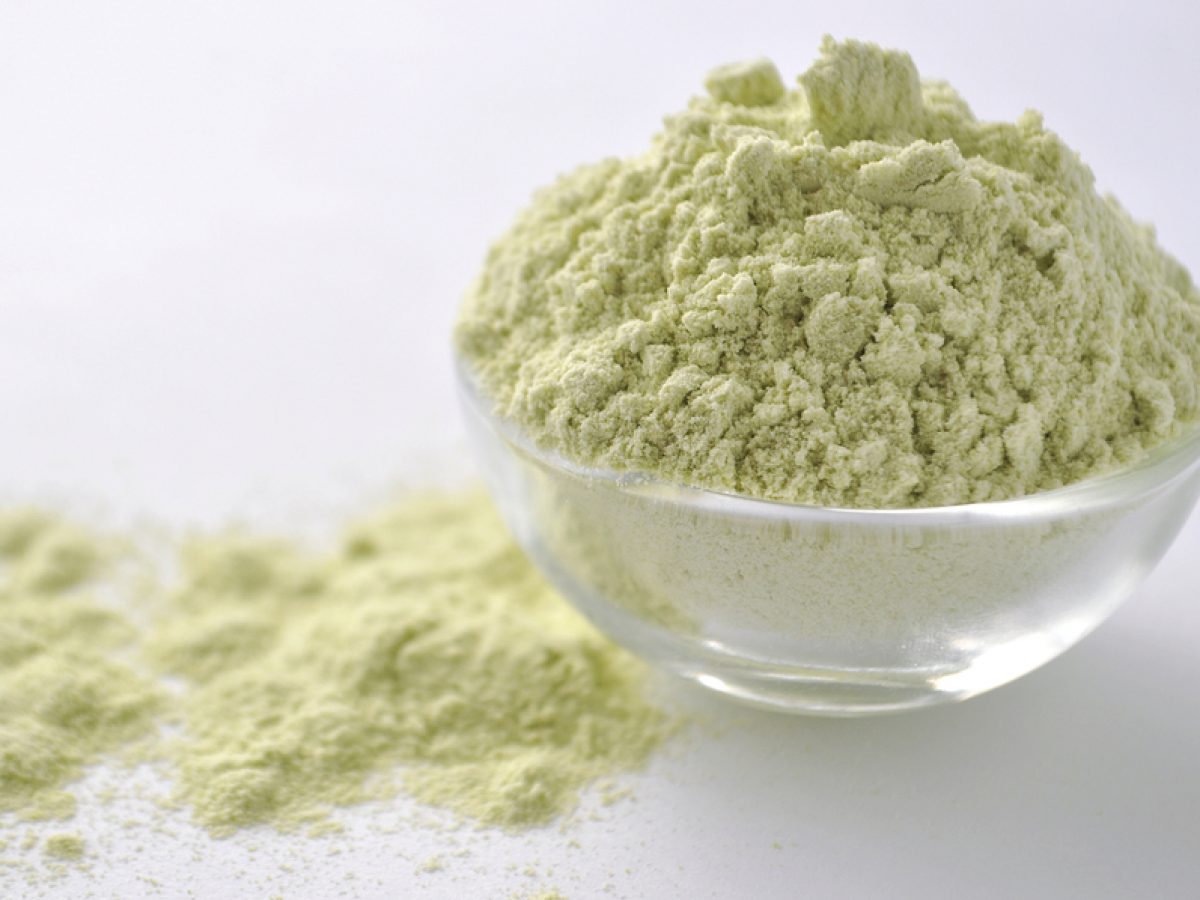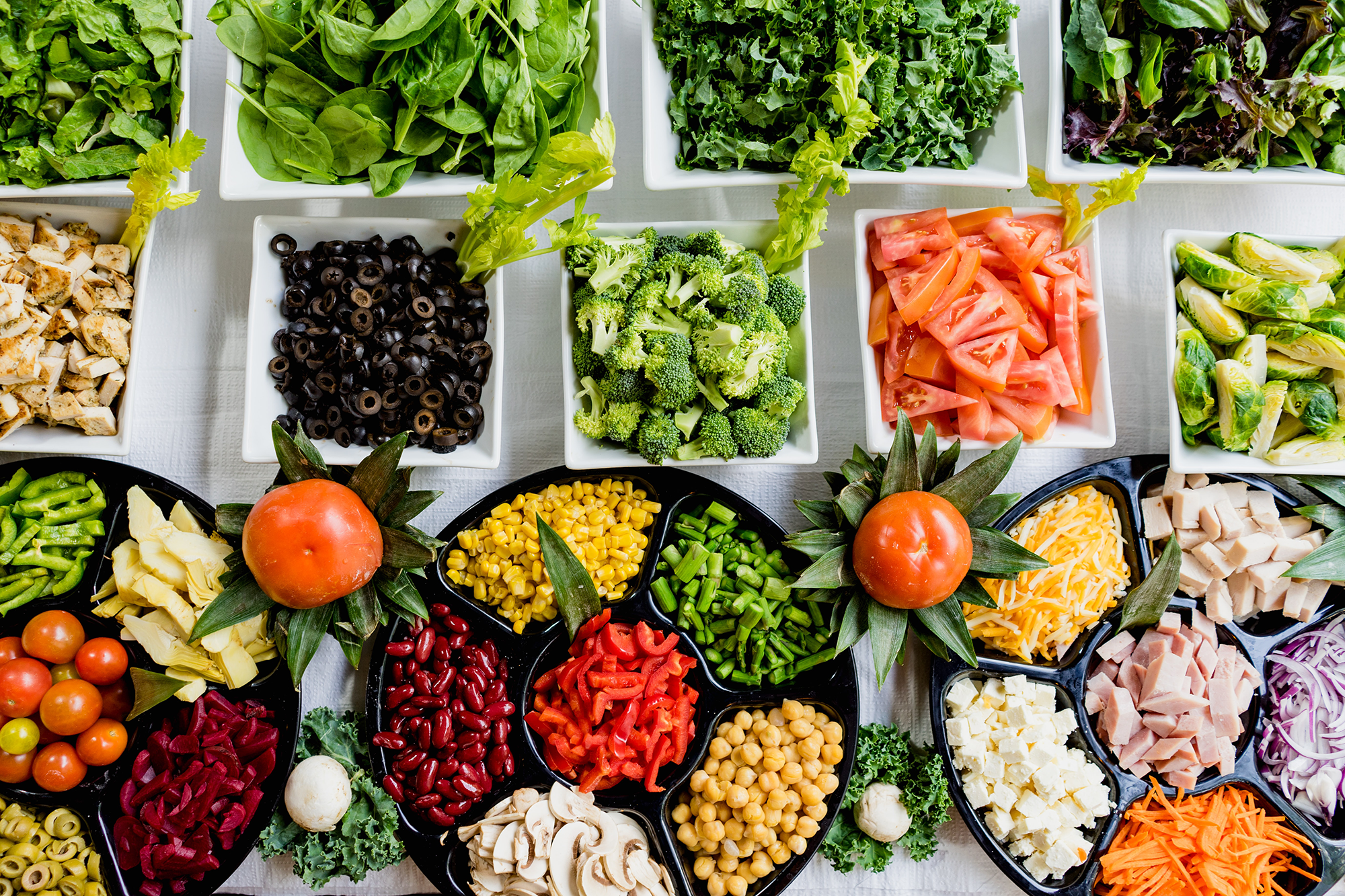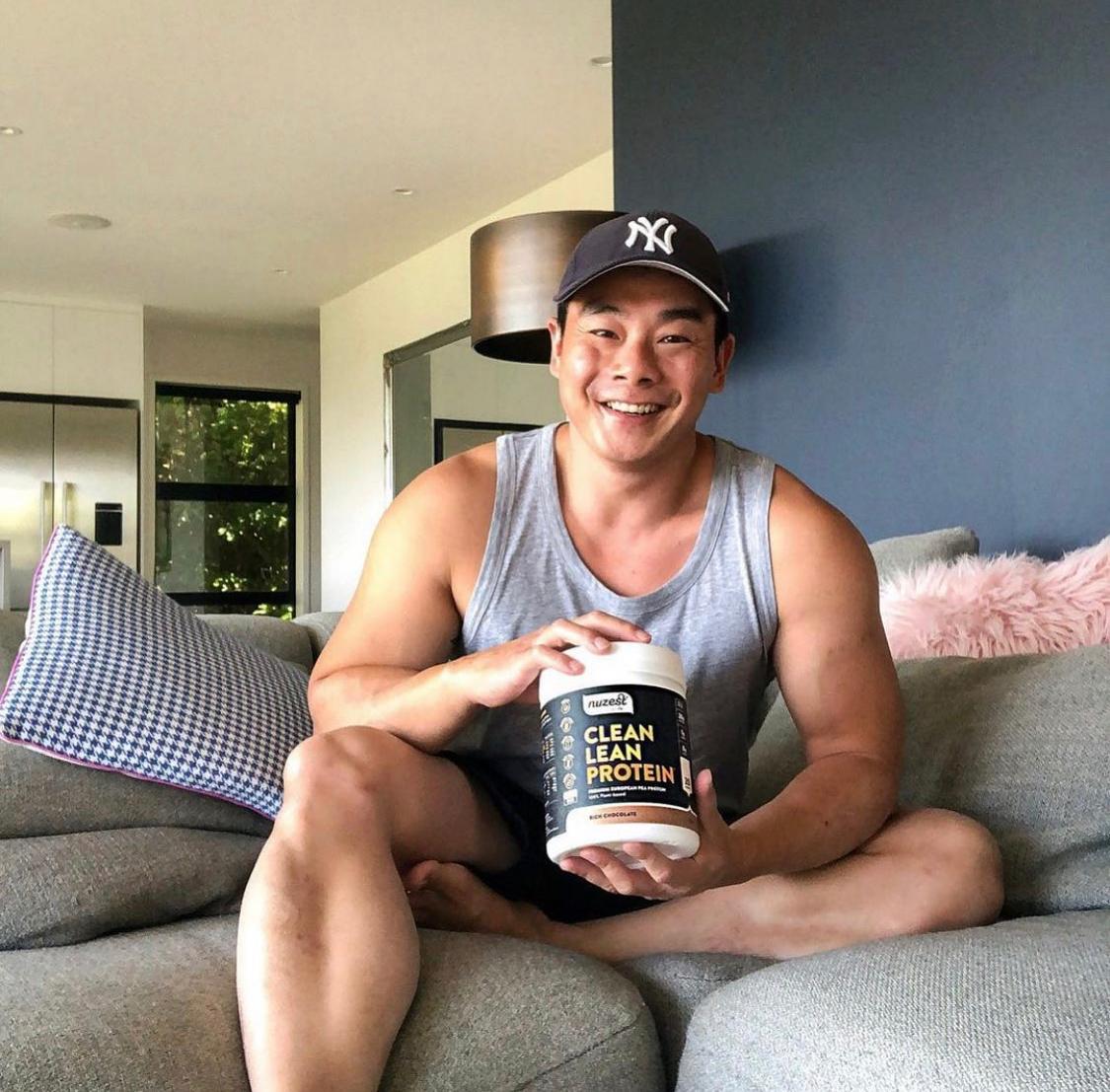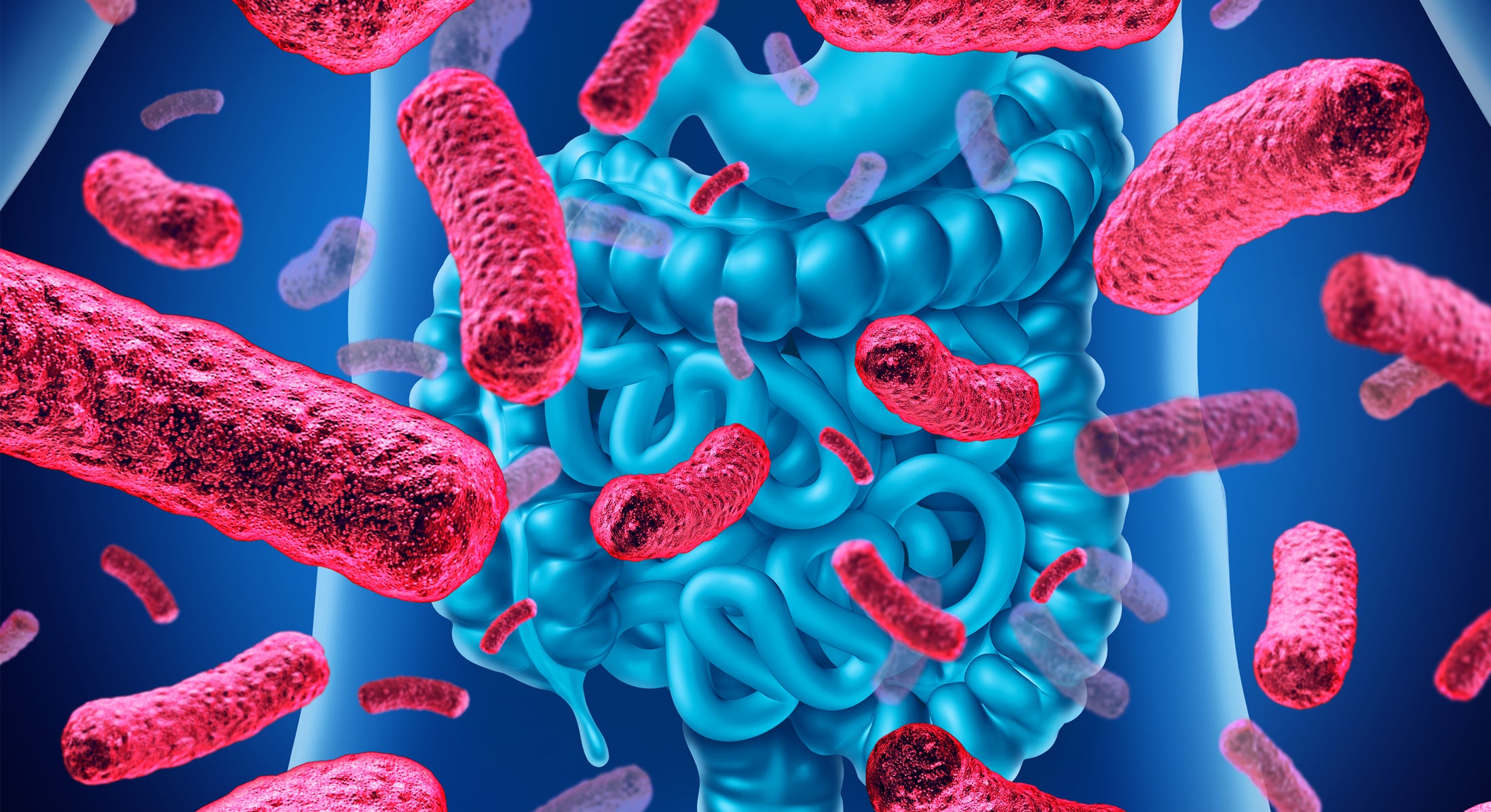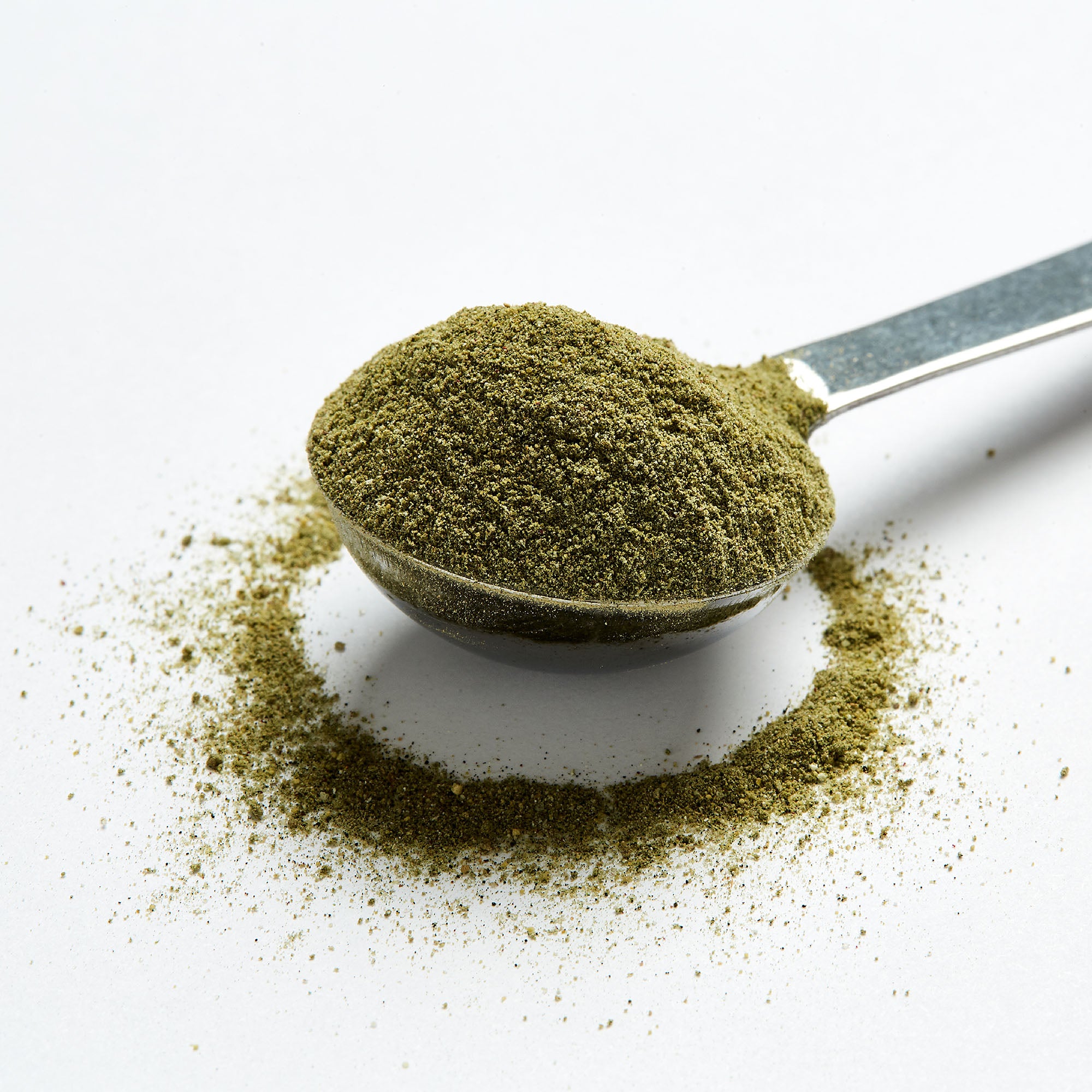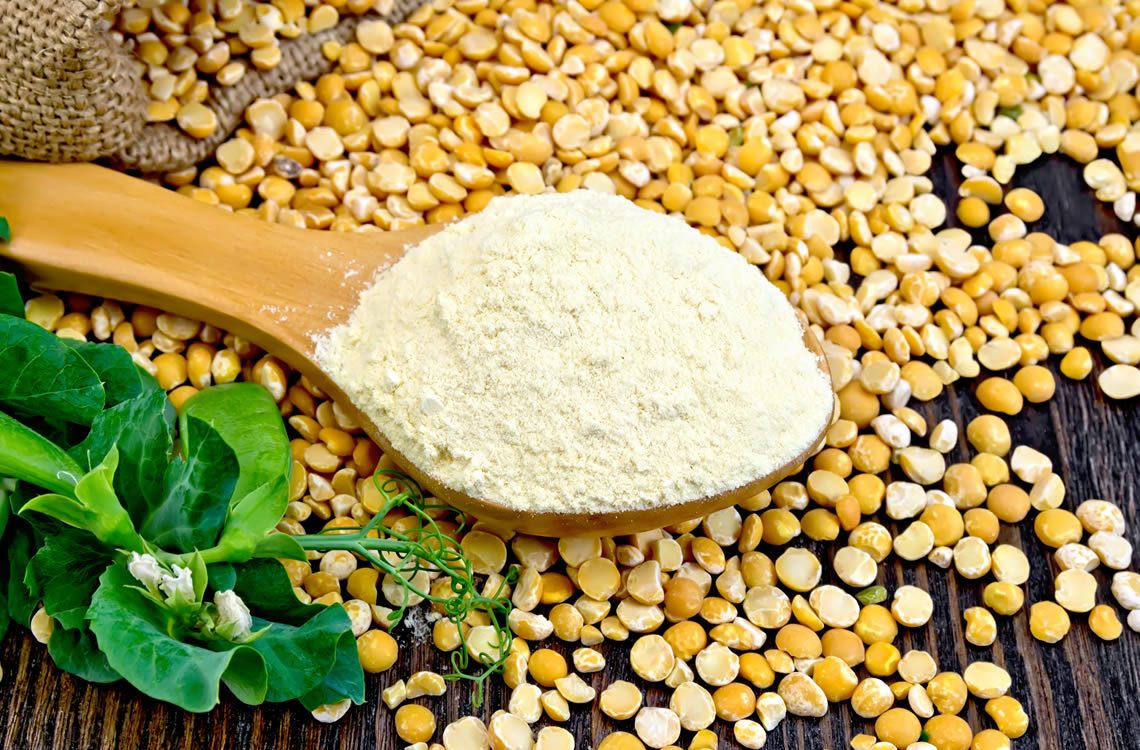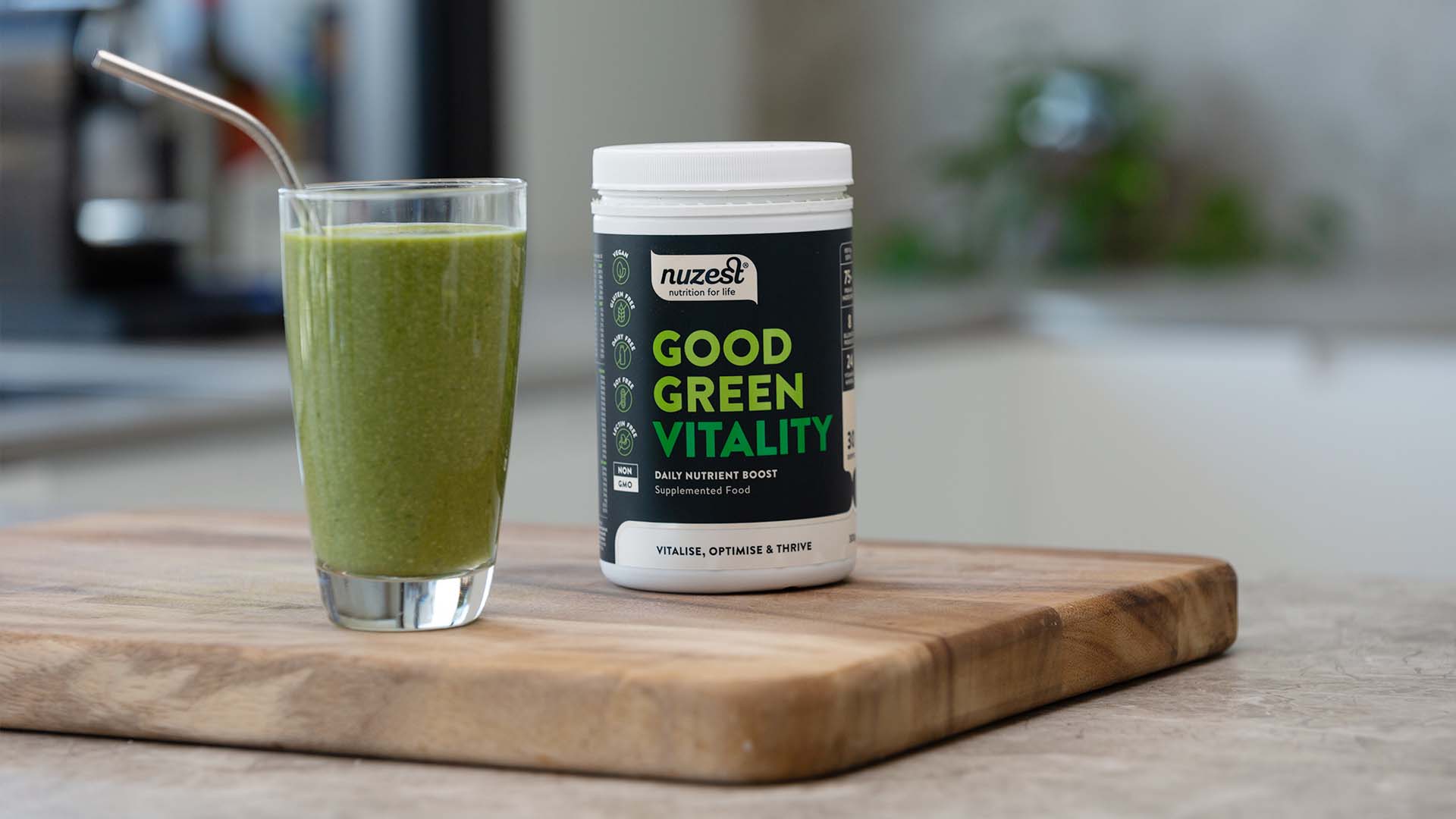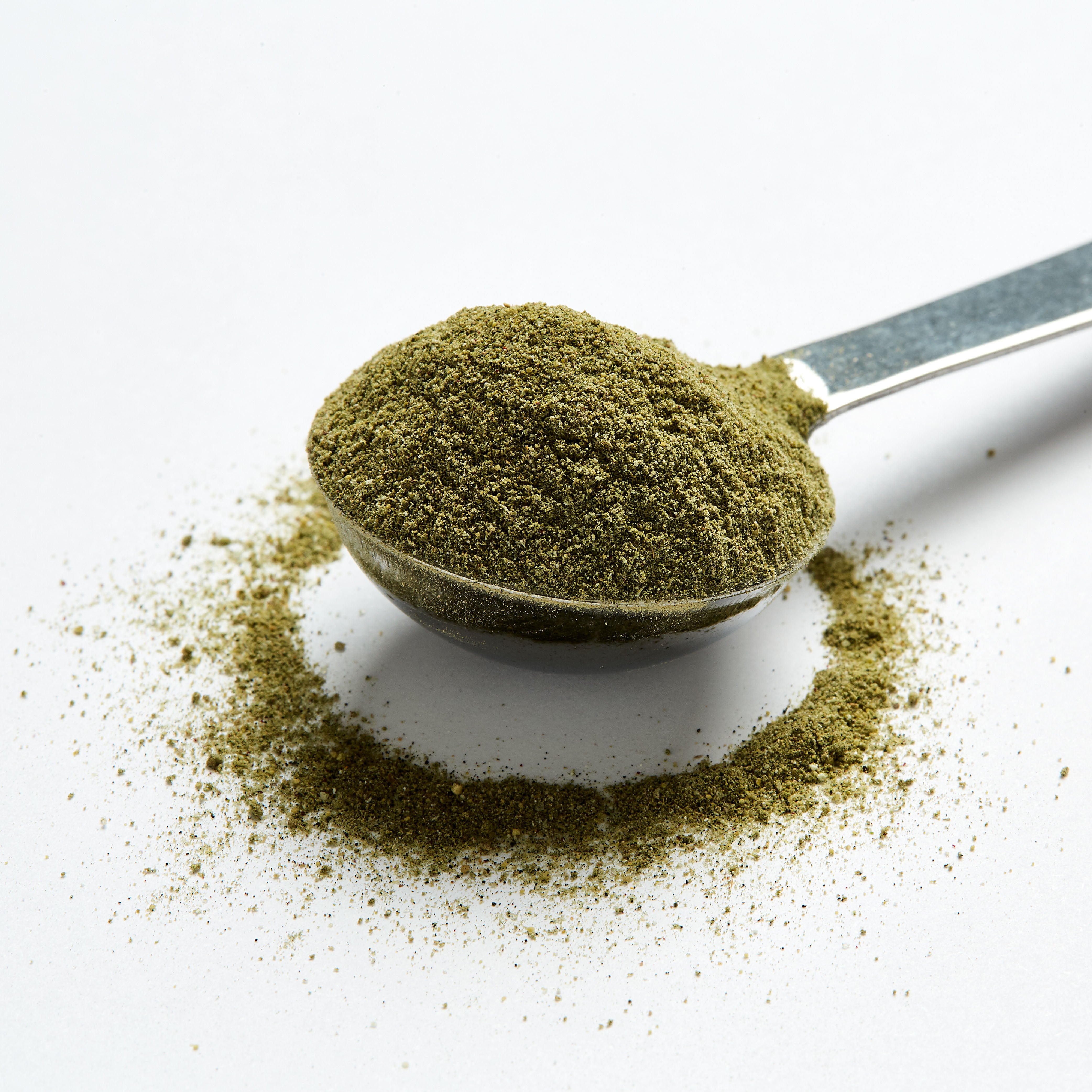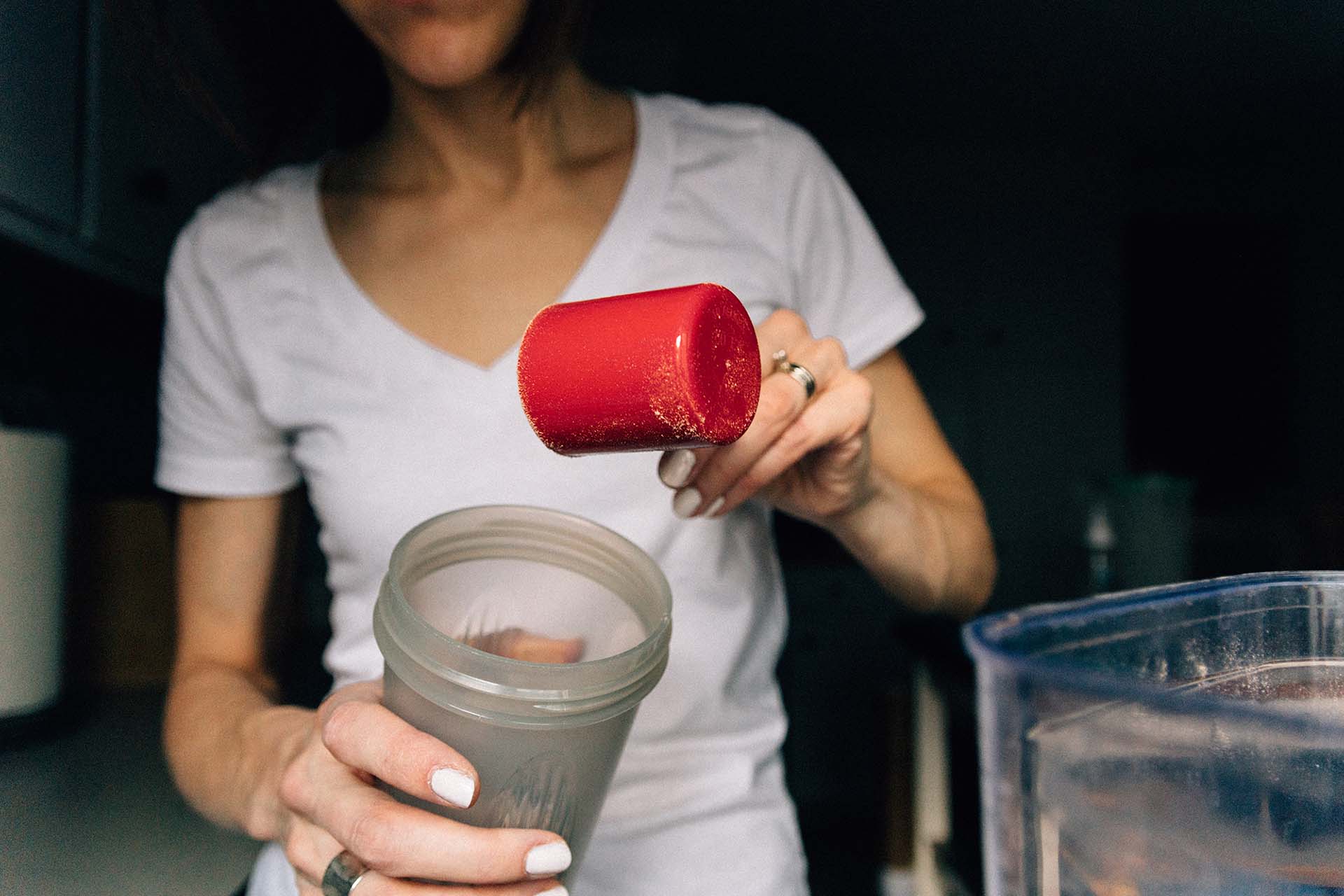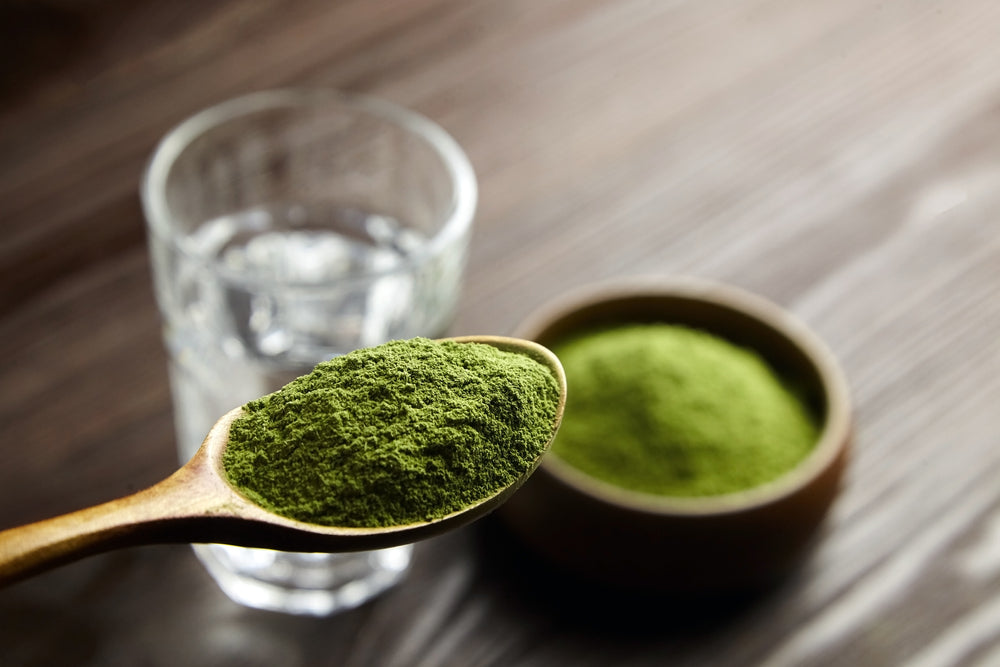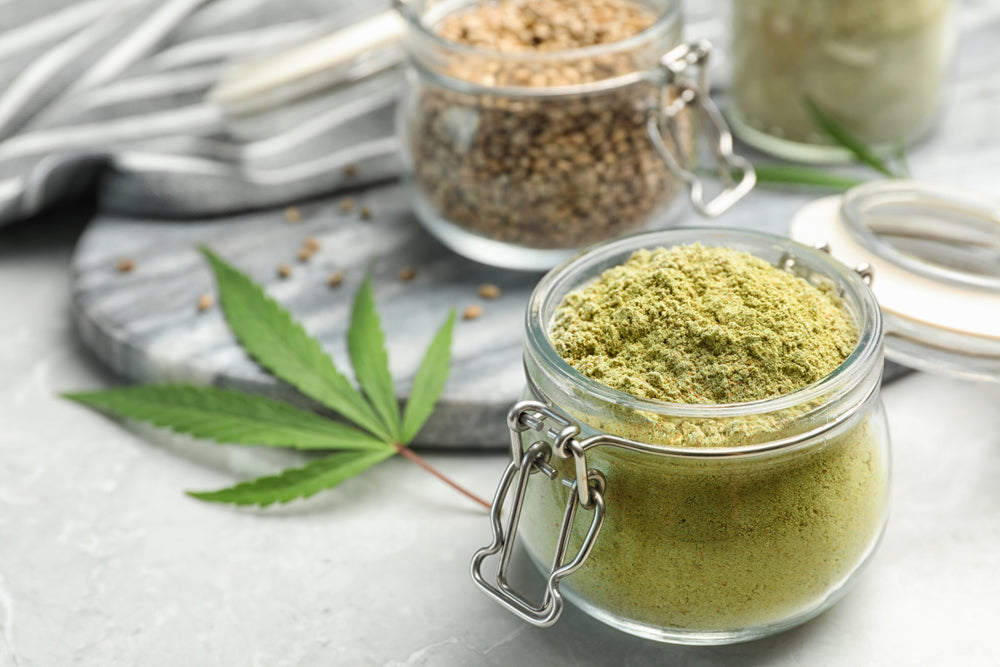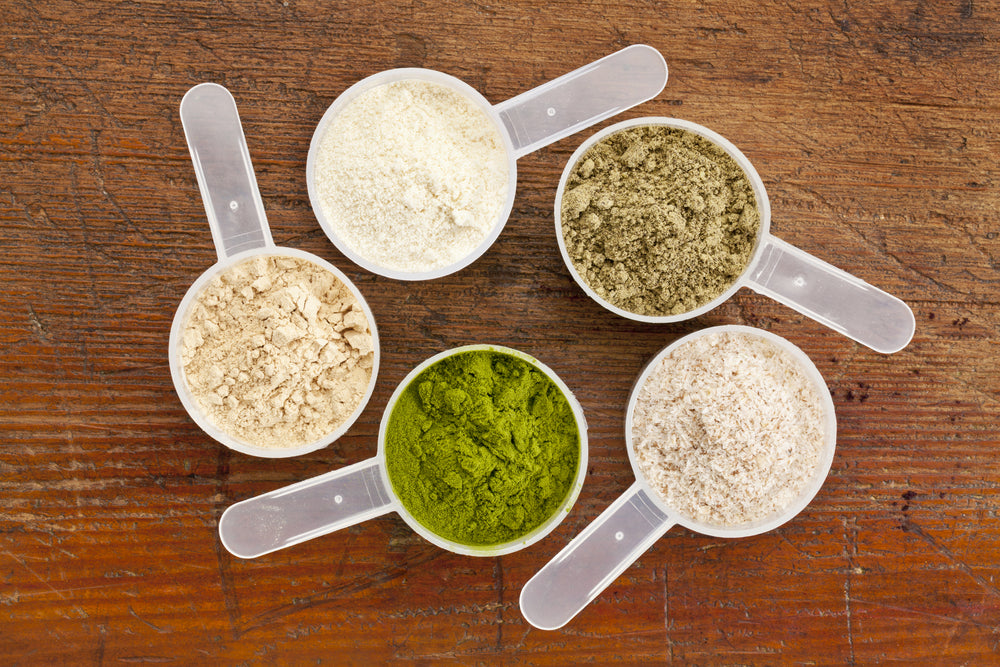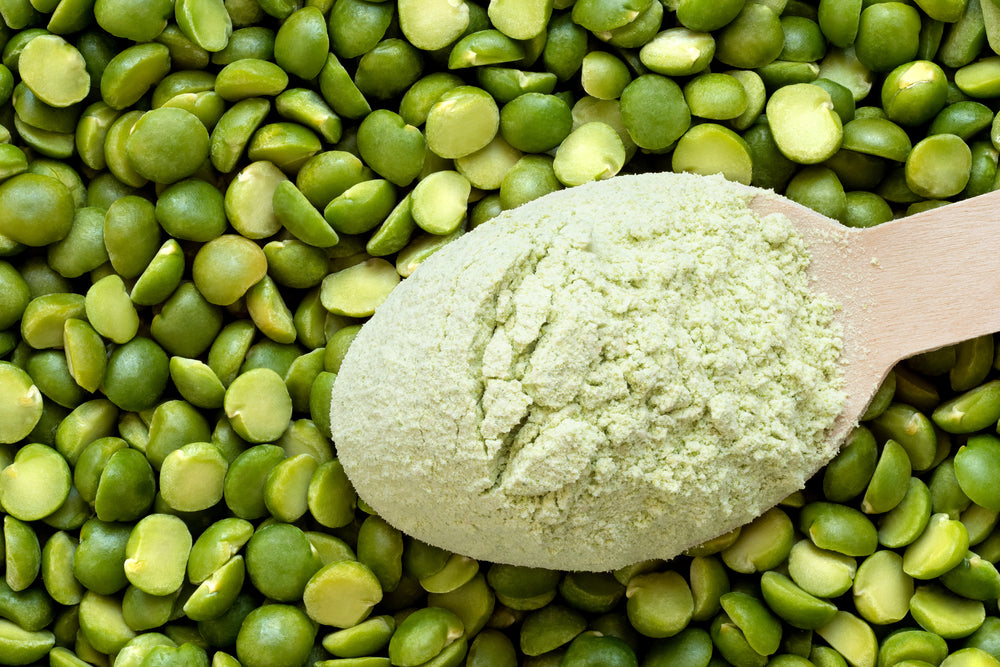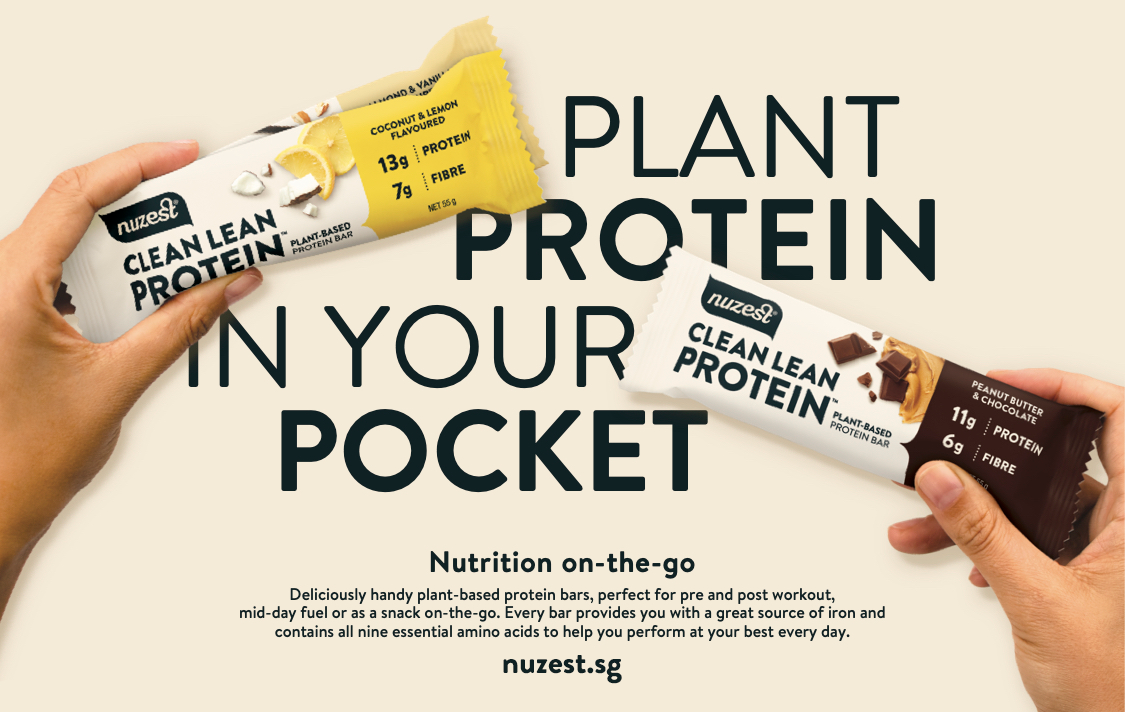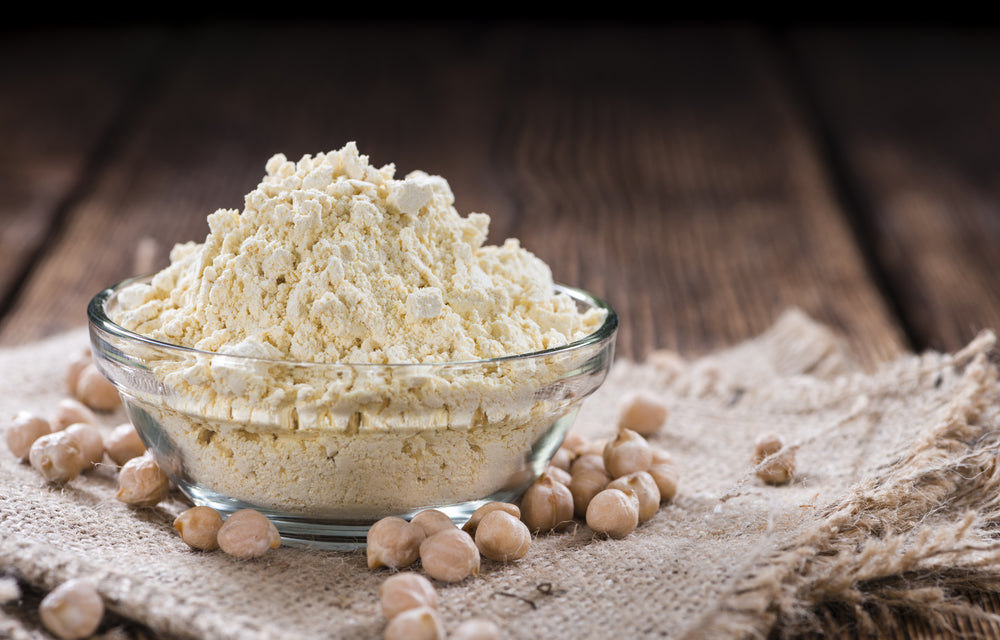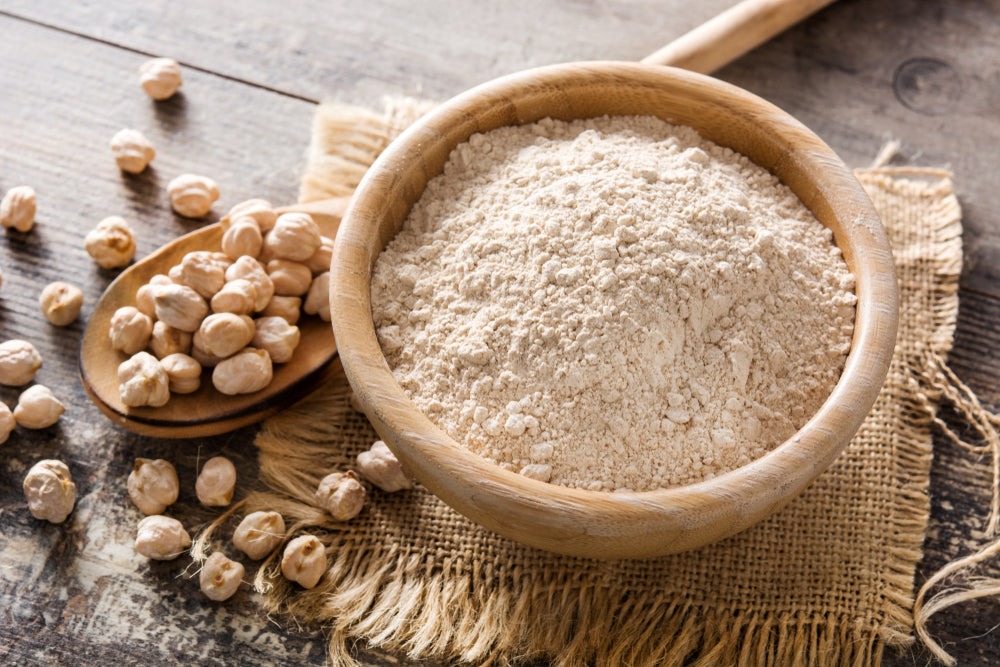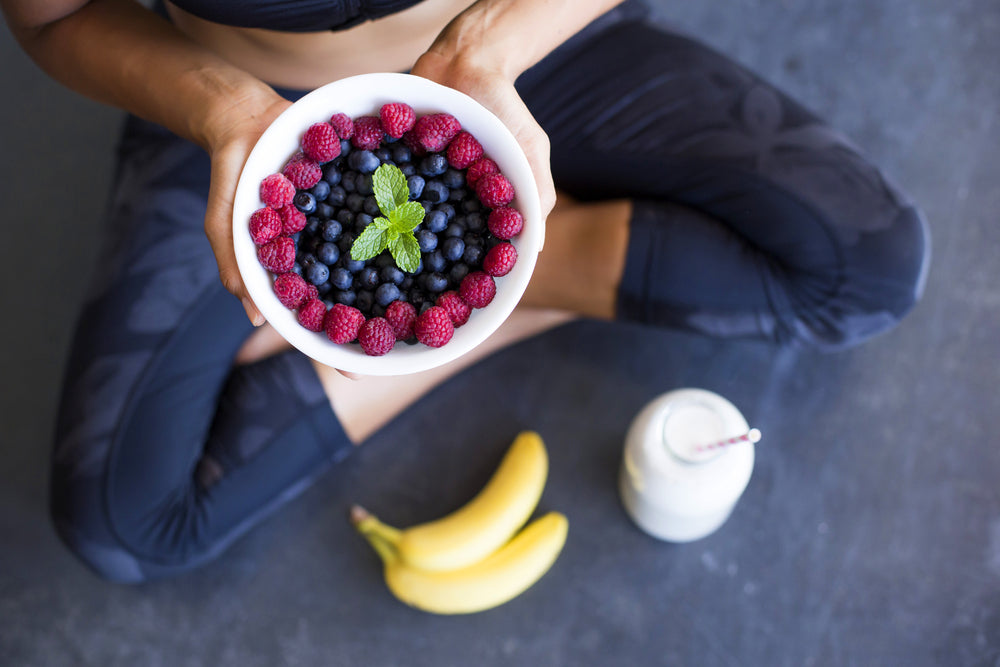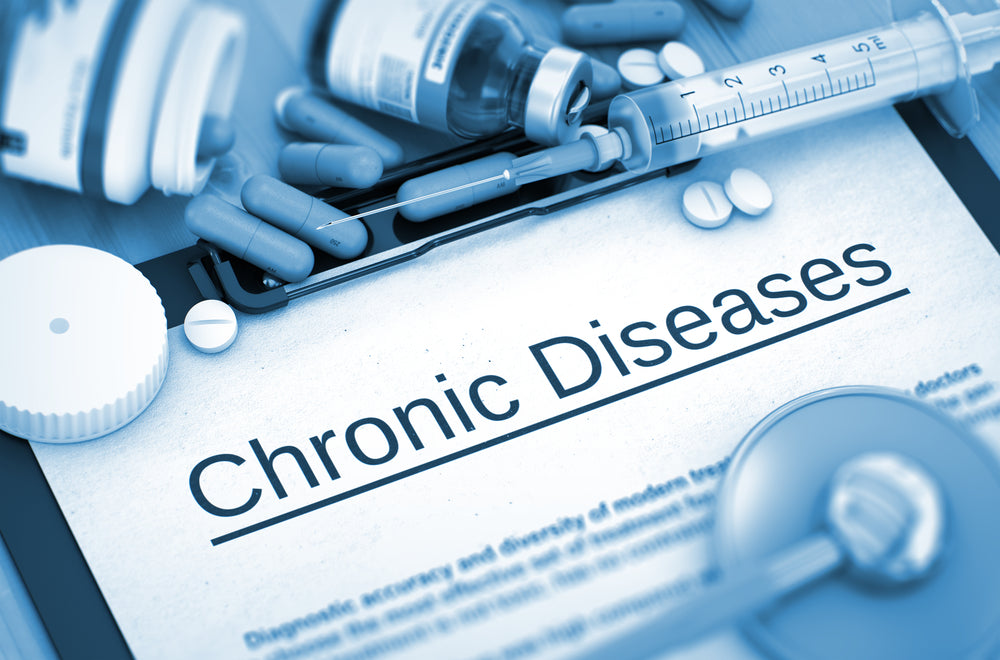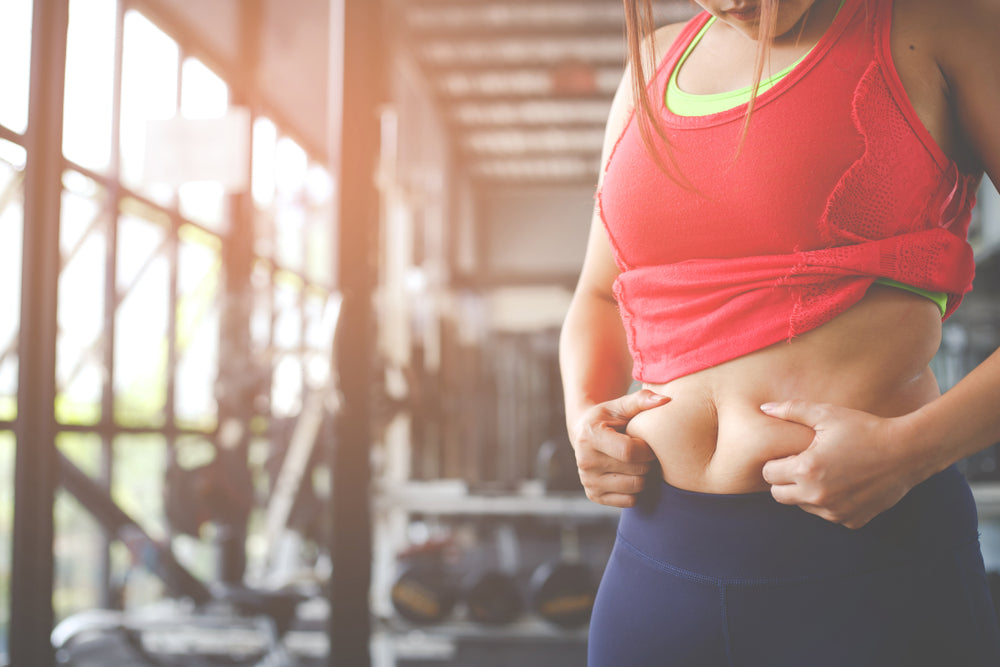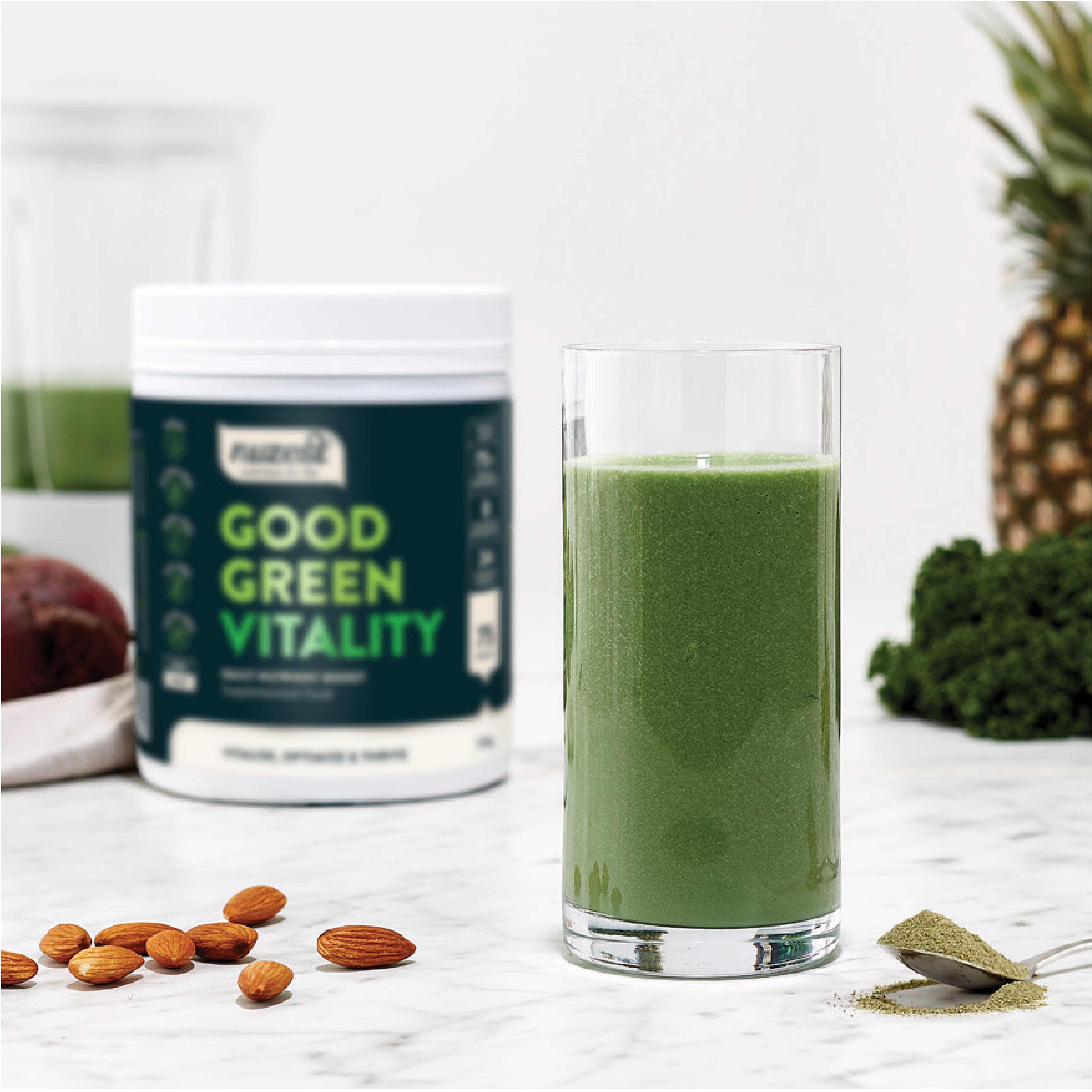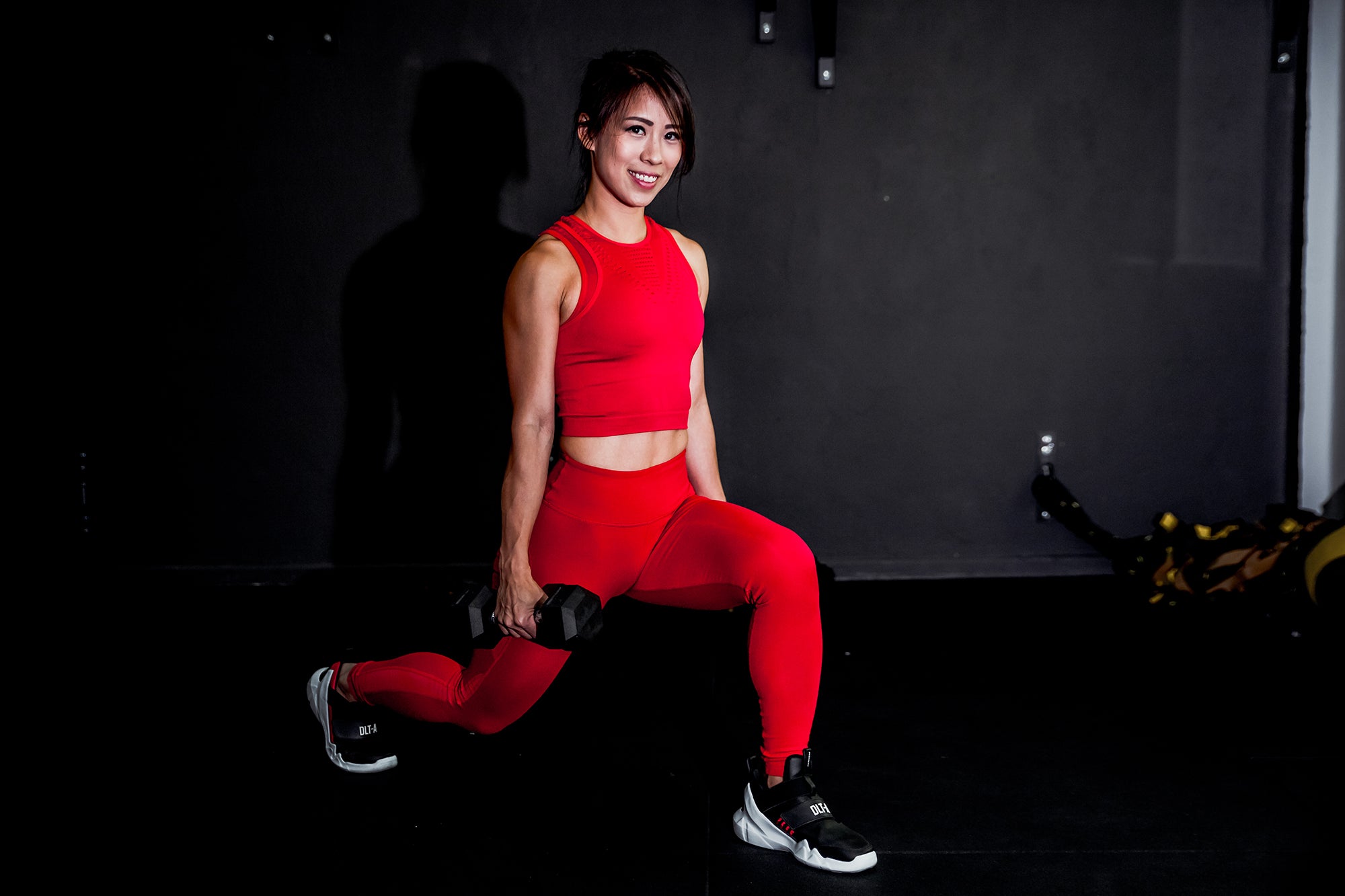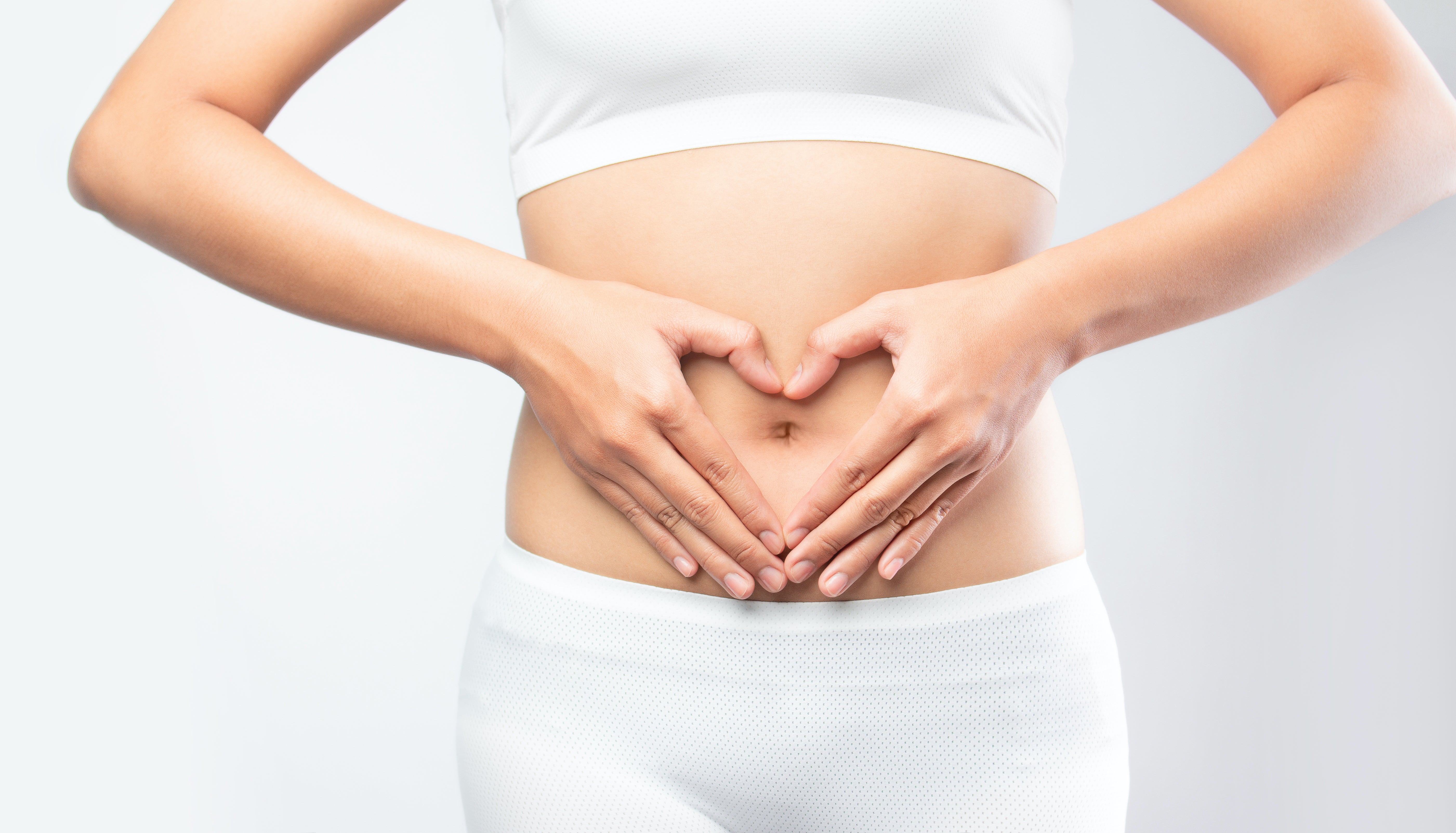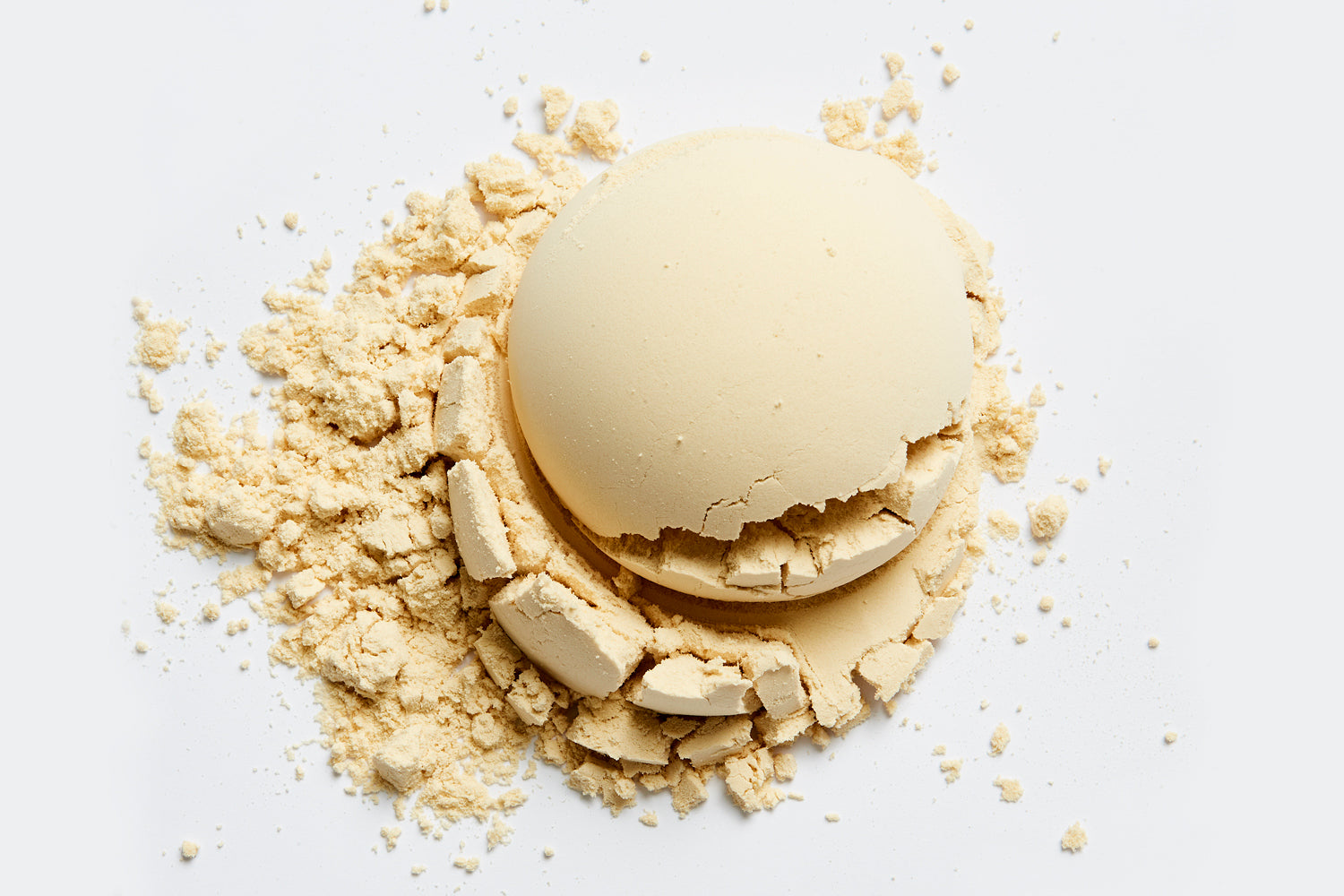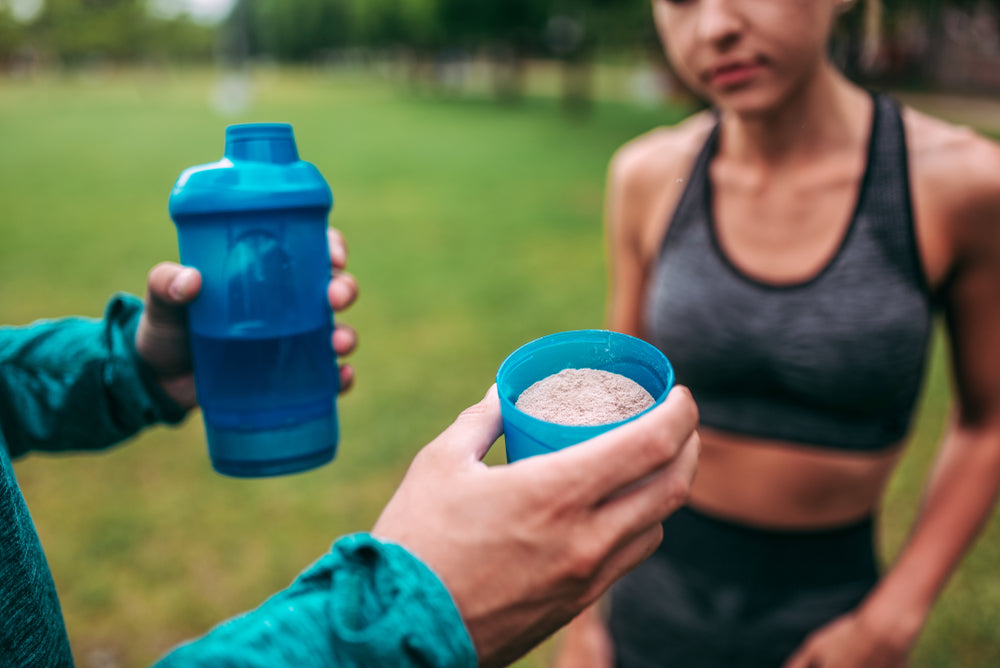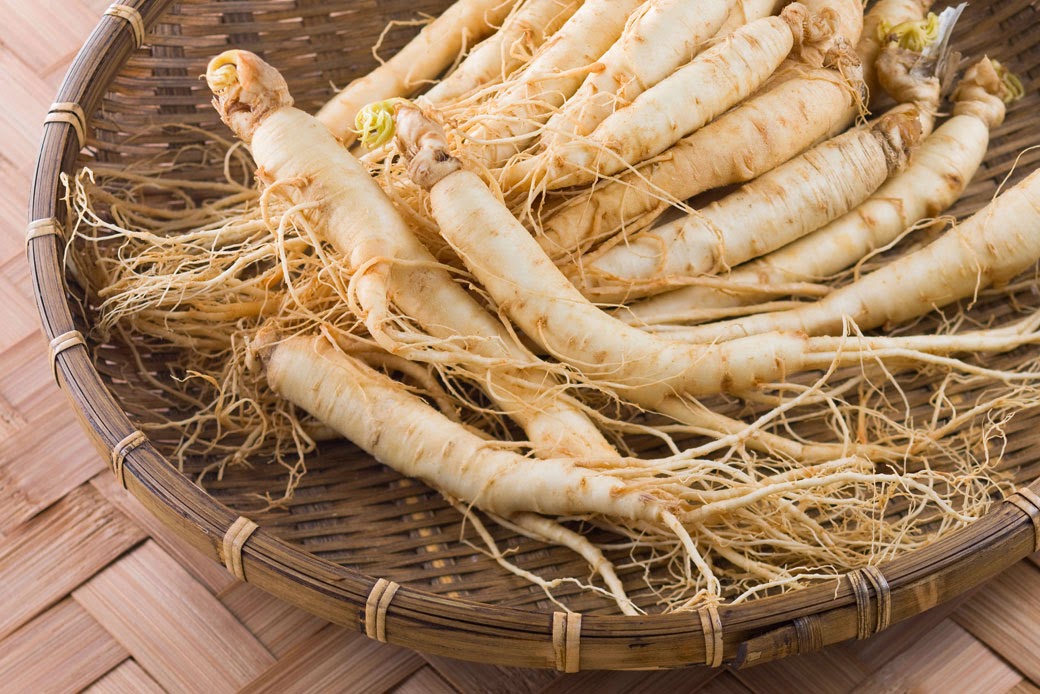Are you on a paleo diet who is looking for other protein alternatives? Are you also considering including pea protein in your diet? Then, you must be asking yourself the question: "Is pea protein paleo?"
In this post, let's understand what a paleo diet entails and find out if you can use pea protein.
Understanding Paleo Diet
The paleo diet sprouted behind the idea of our ancestors' food consumption patterns from two million years ago. Yes, that's during the Paleolithic era or Old Stone Age period. That was when humans were hunters and gatherers who lived in caves or make-shift huts or tepees. In other words, agriculture or farming was not discovered yet in their time.
As food hunters, our Paleo ancestors consume meat, eggs, and fish as their source of protein. During those times, there were indeed no grain-fed or corn-fed animals. Wild animals certainly were feeding off with grass and wild plants. Unlike in this modern times, domesticated livestock is fed with different types of additive-containing feeds.
As food gatherers, they pick and store fresh fruits and vegetables, nuts and seeds. They never have any access to grains and legumes as these need to be planted.
What's In A Paleo Diet?
The main goal of a paleo diet is to mimic the eating pattern of our hunter-gatherer ancestors. Generally, this diet is about:
- Increasing your consumption of whole foods, vegetables, fruits, lean proteins, and healthy fats.
- Restricting your consumption of grains, dairy, and legumes despite being excellent sources of certain nutrients.
- Avoiding processed foods, sugar, and salt.
Foods To Eat in A Paleo Diet

Nowadays, the paleo diet has started to become popular. This diet is all about consuming whole-natural foods and those that have gone through very minimal processing. It includes:
- Poultry (Chicken, Turkey..etc)
- Eggs
- Low-mercury fish
- Fruits
- Vegetables
- Nuts Seeds
- Healthy oil sources (olives, avocado, coconut, etc.)
Foods Avoided In A Paleo Diet

A strict paleo diet excludes foods that didn't exist or were consumed during the Paleolithic era. These are the food restrictions:
- Grains
- Legumes (peanuts, beans, lentils, etc.)
- Highly processed foods
- Refined sugar
- Carbonated and sweetened beverages
- Salt
- Refined vegetable oils or hydrogenated oils
- Artificial sweeteners
- Additives
Gone are all your cereals, rice, crackers, pasta, cakes, bread, nachos, fries, burgers, sodas, alcoholic beverages, and more. Surely, our paleo ancestors never had these foods, to begin with.
Health Benefits of a Paleo Diet
Lately, the benefits of paleo have been recognized due to the growing number of people affected with chronic diseases like obesity, cancer, and heart diseases worldwide. Note that the modern-day diet is defined by the high consumption of meat, sugar, fats, and oils. Paleo advocates believe that our early ancestors never had these chronic diseases because the quality of their diet involves whole and non-processed foods.
The following are the health benefits that a paleo diet can offer:
- Promotes good digestion. The Paleo diet emphasizes the increased consumption of vegetables and fruits. These foods are rich in fiber which can help ease digestion and reduce bloating and water retention.
- Supports weight loss. Overconsumption of processed foods, fatty foods, refined sugars, and many others can result in weight gain. In a paleo diet, eliminating these foods in your diet can be a great help to your weight loss plans.
- Improves heart health. Studies claim that the paleo diet can help improve your blood pressure and cholesterol levels.
Dietary Modifications In A Paleo Diet
As mentioned earlier, following a paleo diet means that you should eliminate grains, legumes, dairy, processed foods, and refined sugars in your diet and live with it.
Doing a strict paleo diet may be hard for starters. Some can start off by making some adjustments. Paleo dieters can do the following dietary modifications:
- Primal-based. Avoiding grains, sugar, and gluten but can have dairy and legumes.
- Dairy. Dairy is okay as part of the diet as long as it is raw and natural.
- Non-fruit. No fruits and fruit juices due to their high sugar content.
- Non-grains. No grains and legumes in all forms as they contain antinutrients.
The idea of the paleo diet may seem difficult to maintain, especially when it comes to having grains and legumes like peas and beans.
Paleo Concerns On Legumes
One of the main concerns of most types of Paleo diets is legumes. Legumes are avoided in a paleo diet because they contain antinutrients.
What are antinutrients? These are natural compounds found in plants like grains and legumes, which work as part of their defense mechanism against predators. Examples of antinutrients are gluten, lectins, saponin, trypsin inhibitors, and phytic acid.
If consumed in excessive amounts, they can interfere with the body's ability to absorb essential nutrients. This occurrence may not be alarming to many healthy individuals. However, if you are undernourished, the body will have a hard time coping with the daily nutrient requirements and preventing the manifestation of specific nutritional deficiencies.
Legumes such as peas, soybeans, beans, peas, lentils, tofu, and peanuts have high levels of phytate or phytic acid. Phytates have the ability to reduce the absorption of minerals (iron, zinc, magnesium, and calcium) from the food you eat.
Fortunately, people who want to include legumes in their paleo diets found a way to significantly remove or reduce the presence of phytates and other antinutrients. It is done by sprouting, cooking, fermenting, or soaking them in an acidic medium.
Is Pea Protein Powder Paleo?
If you're a strict paleo dieter, you'll surely want to avoid peas as they are part of the legume family. However, if you are someone who is open to doing some tweaks on paleo dieting, giving pea protein a chance will genuinely bring you more health benefits!
Yes, pea protein powders are technically processed foods. The golden peas undergo a chemical process to produce pea protein isolate. Processed foods are a no-no in a paleo diet, right?
However, with modern food processing methods, high-quality pea protein isolates can now be processed using low-heat, enzymatic isolation. This gentle process can effectively eliminate almost all the lectins, saponin, trypsin inhibitors, and phytic acid from food.
Let's see how much of the antinutrients are reduced when golden peas are produced to pea protein isolates. See the table below:

Source: Nuzest Australia
As presented in the table above, you can see that there’s a significant reduction in the amounts of antinutrients when golden pea seeds are processed to pea protein isolate. Thanks to the low-heat, enzymatic isolation method. Now, pea protein isolate has become one of the additional plant protein options that many paleo communities can enjoy.
Why Pea Proteins?
Aside from the above mentioned health benefits of the paleo diet, including pea protein can provide these additional perks:
- Help builds and repair muscles
- Controls your appetite to support weight loss
- Promote heart and kidney health
- Supports digestion and ease bowel movement
Is Pea Protein Good For You? Find out here.
The next thing you’ll need to do is choose the best and high-quality pea protein in the market!
Enjoy Paleo Diet with Our Clean Lean Protein!
Nuzest’s Clean Lean Protein is made from 100% natural Premium European Golden Peas. They undergo a very gentle enzymatic isolation process that removes almost all the antinutrients like lectins, saponin, trypsin inhibitors, and phytic acid. That gives you a high protein, low carb, low fat, extremely low allergen pea protein powder.
What’s more? Clean Lean Protein is:
- 100% Vegan
- Paleo-friendly and earth-friendly
- Allergen-free
- Gluten-free, lactose-free, GMO-free, and lectin-free
- Free from fillers, gums, and artificial preservatives
Our Clean Lean Protein comes in a variety of flavors too! We have:
- Just natural
- Coffee coconut + MCTs
- Chai turmeric + maca
- Rich chocolate
- Real coffee
- Smooth vanilla
- Vanilla matcha
- Wild strawberry
CLEAN LEAN PROTEIN
Clean Lean Protein provides the building blocks for vitality, repair, recovery and muscle growth. Our unique formula is suitable for all diets and all ages. Mixes in smoothly in 8 delicious flavours.

Disclaimer:
The information provided on Nuzest is for educational and informational purposes only. The information provided on this site is not, nor is it intended to be, a substitute for professional advice or care. Please speak to your qualified healthcare professional in the event that something you have read here raises questions or concerns regarding your health.

